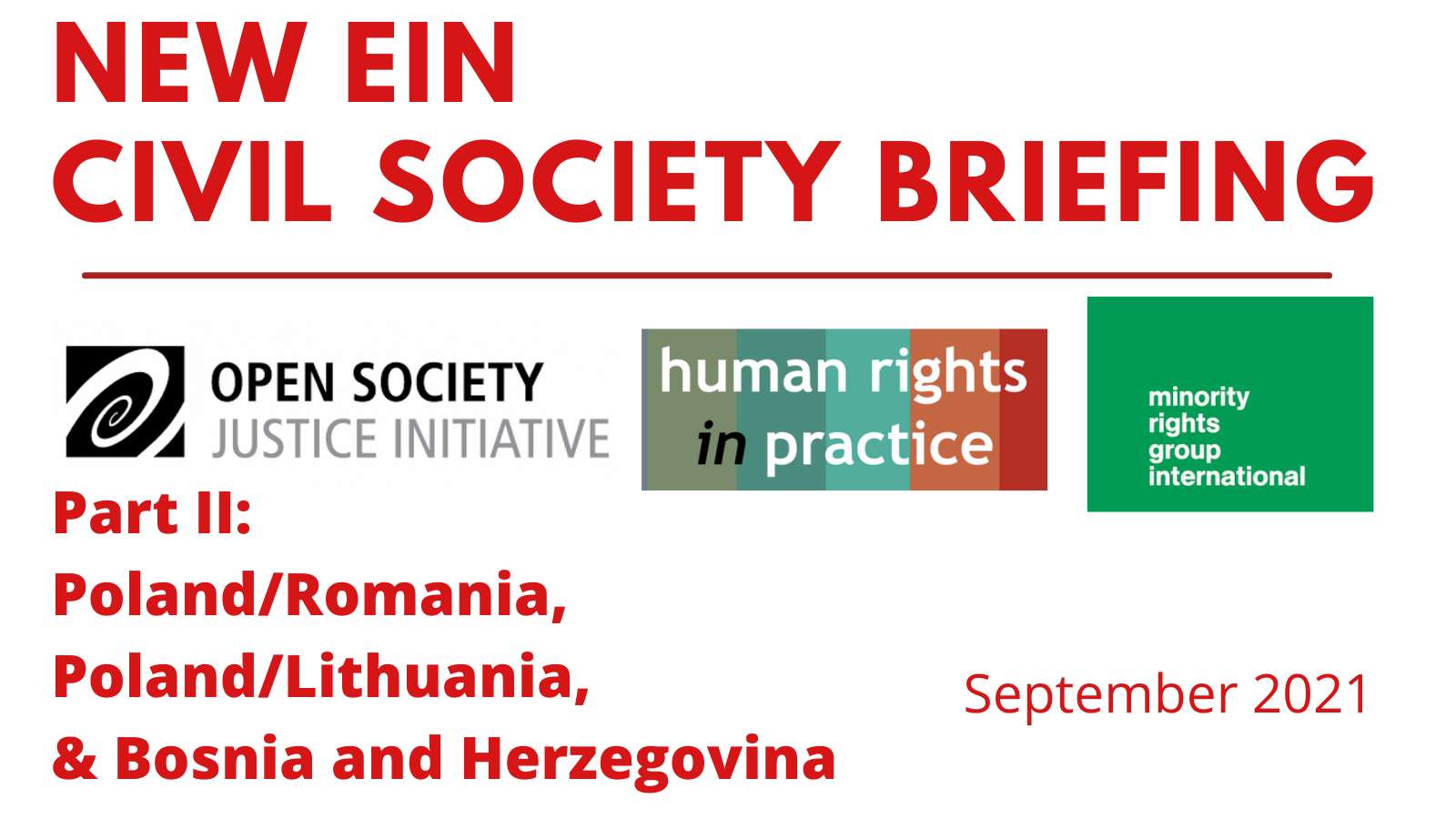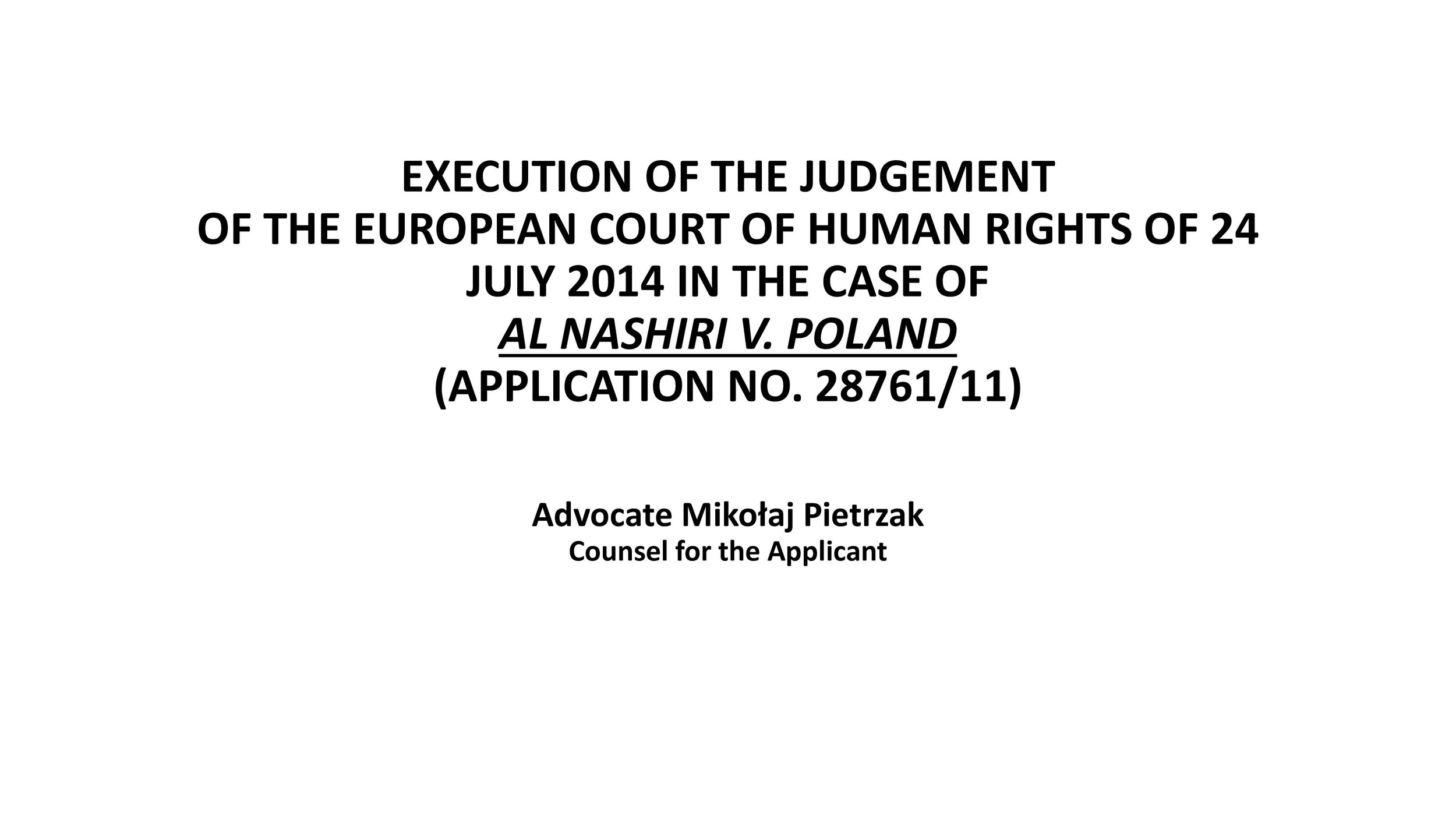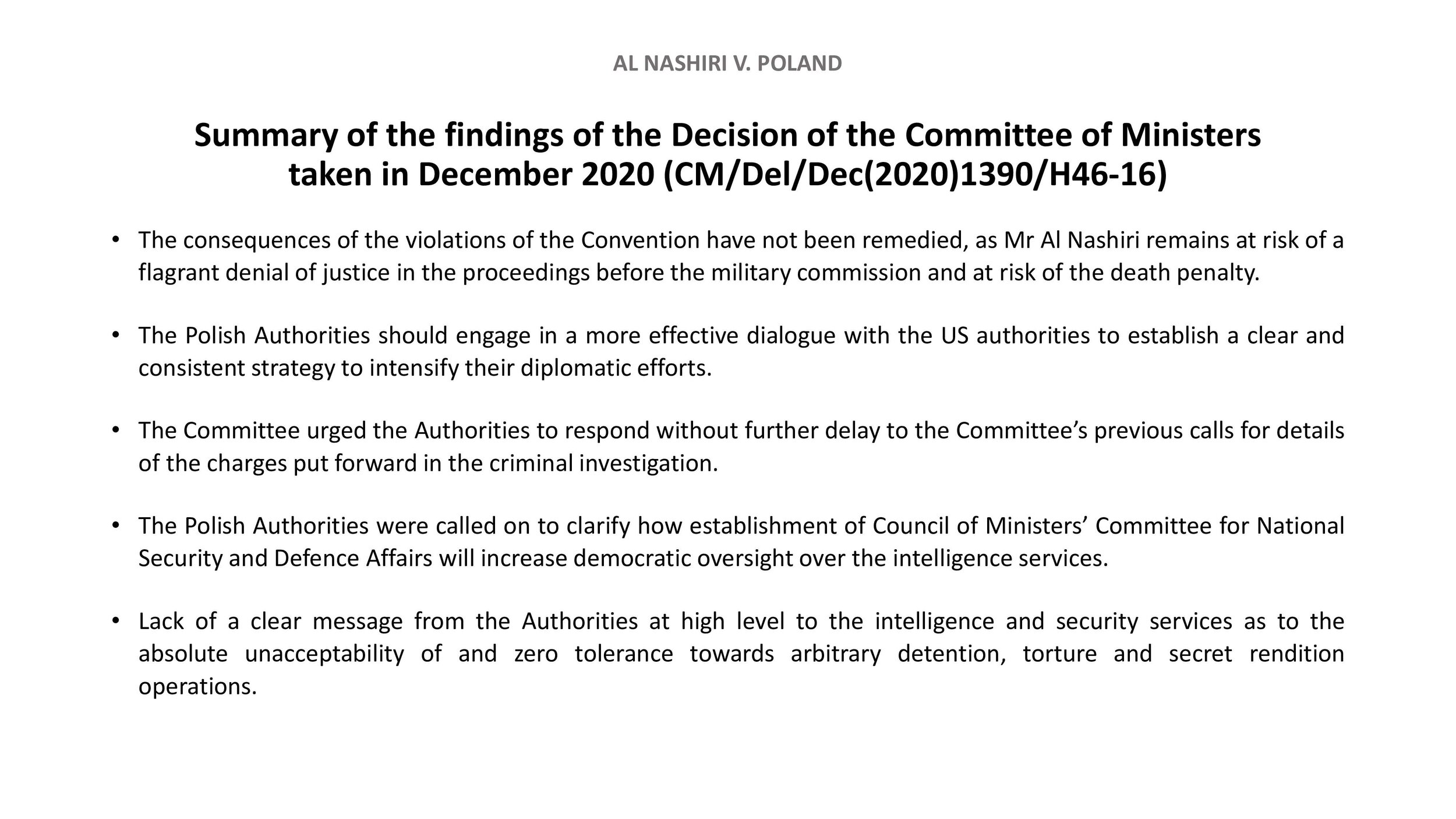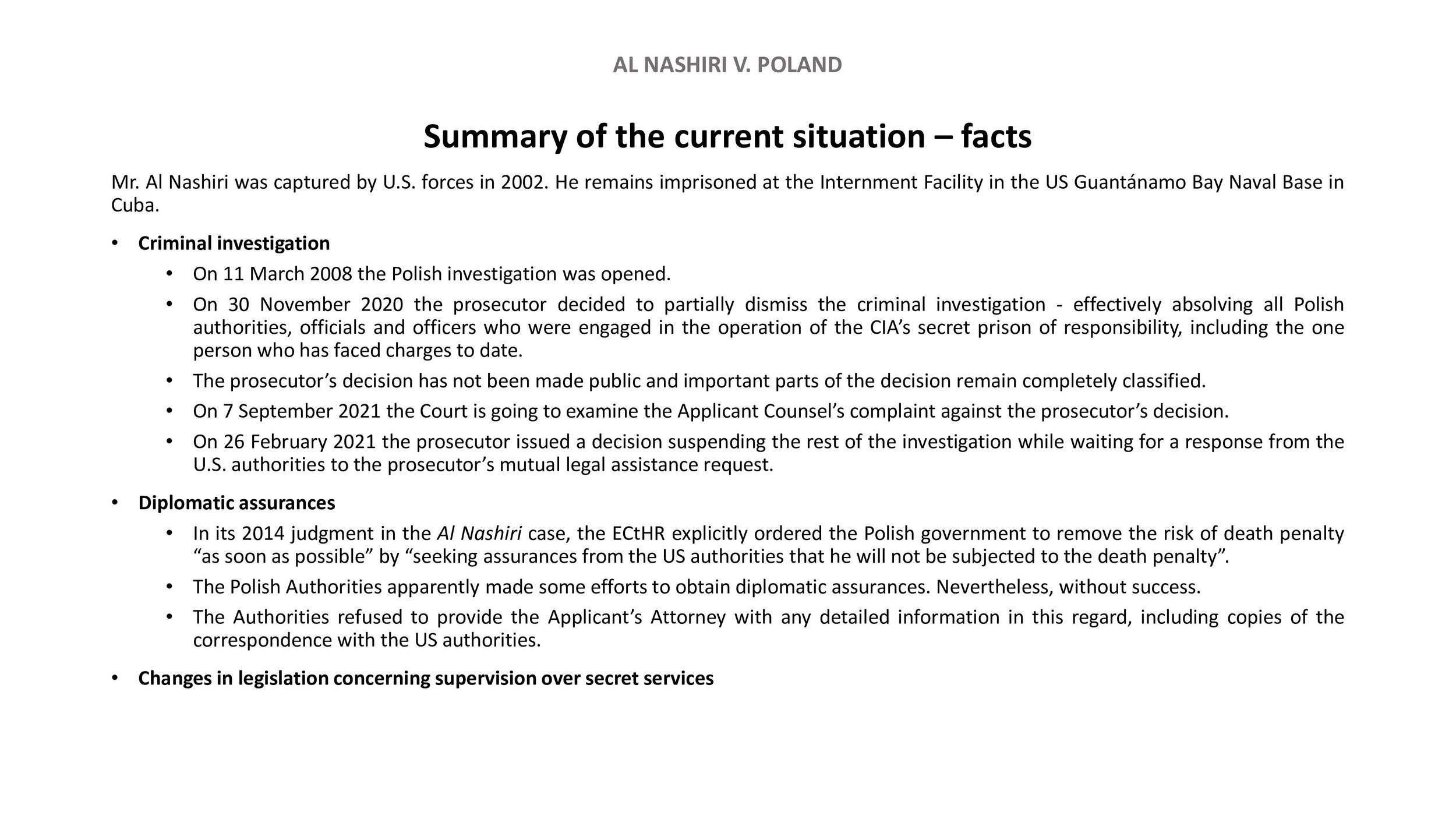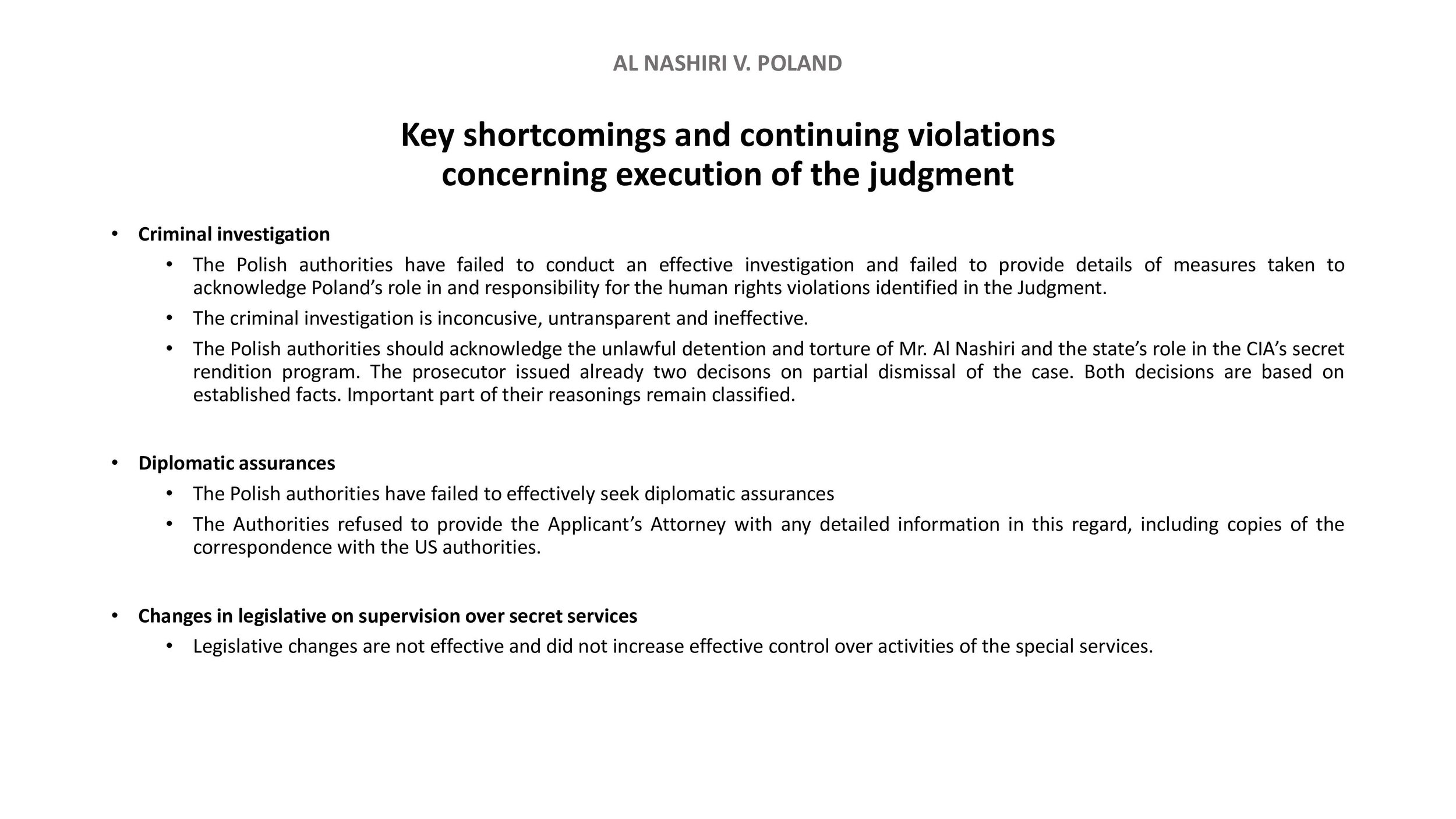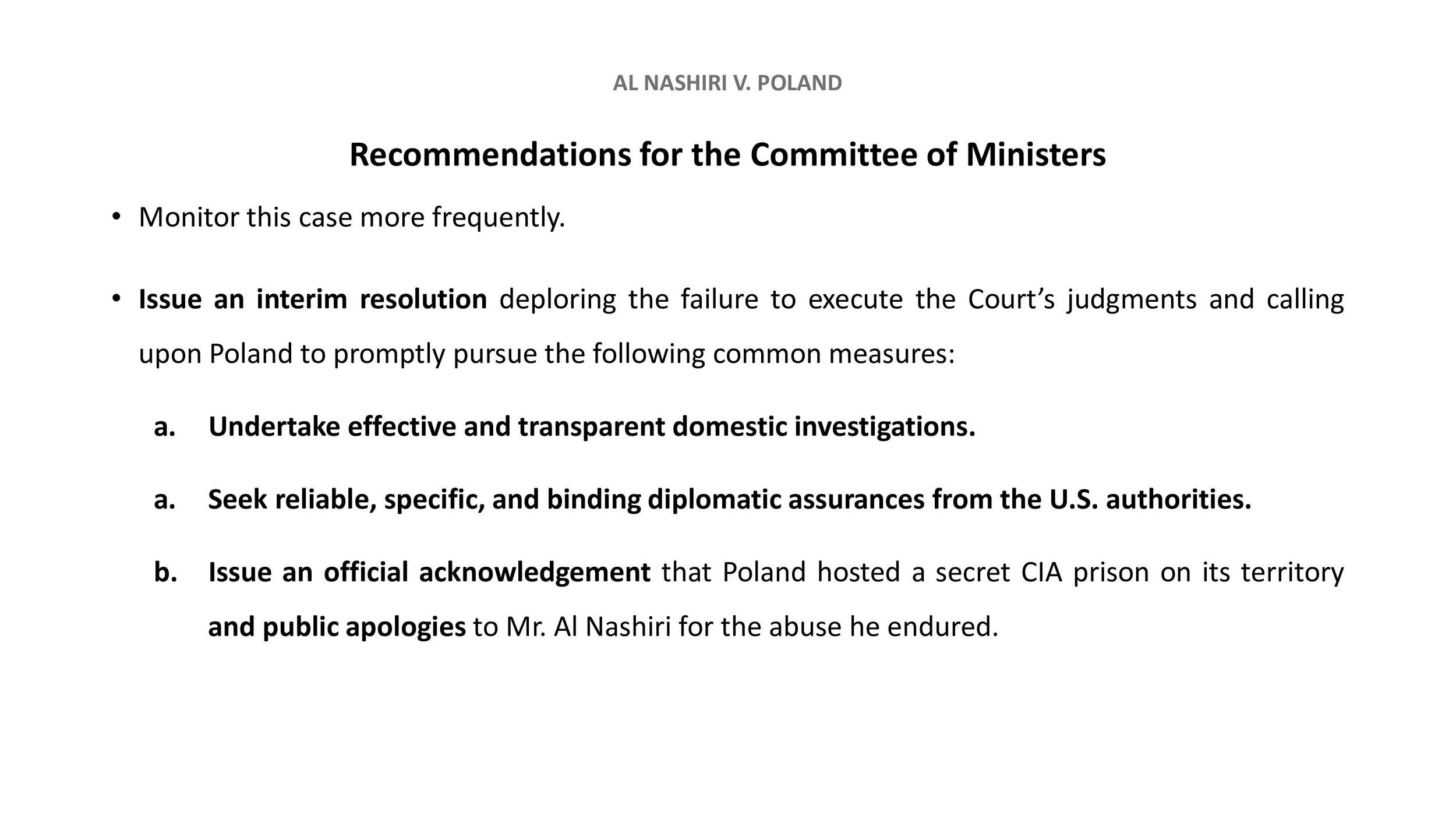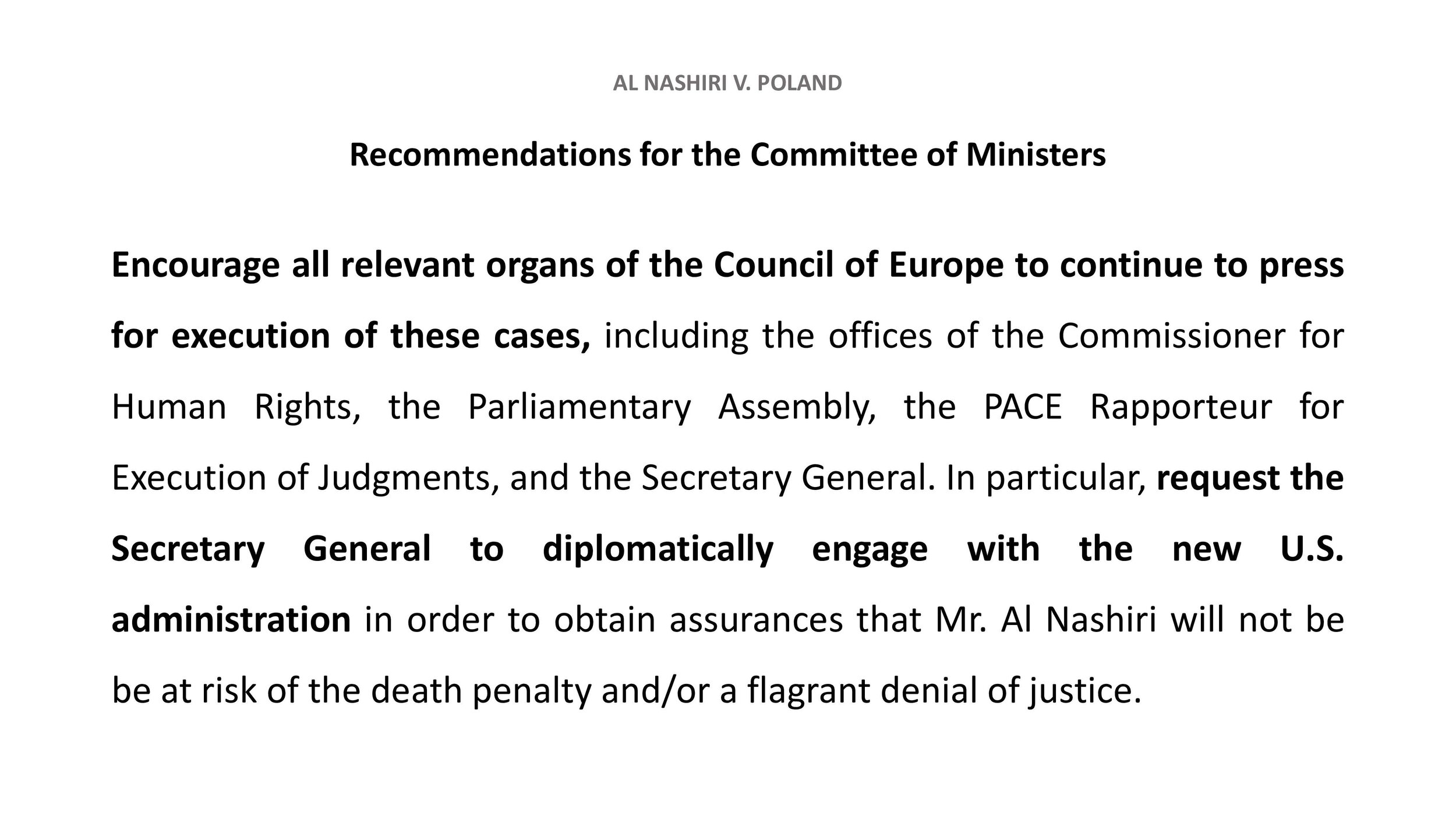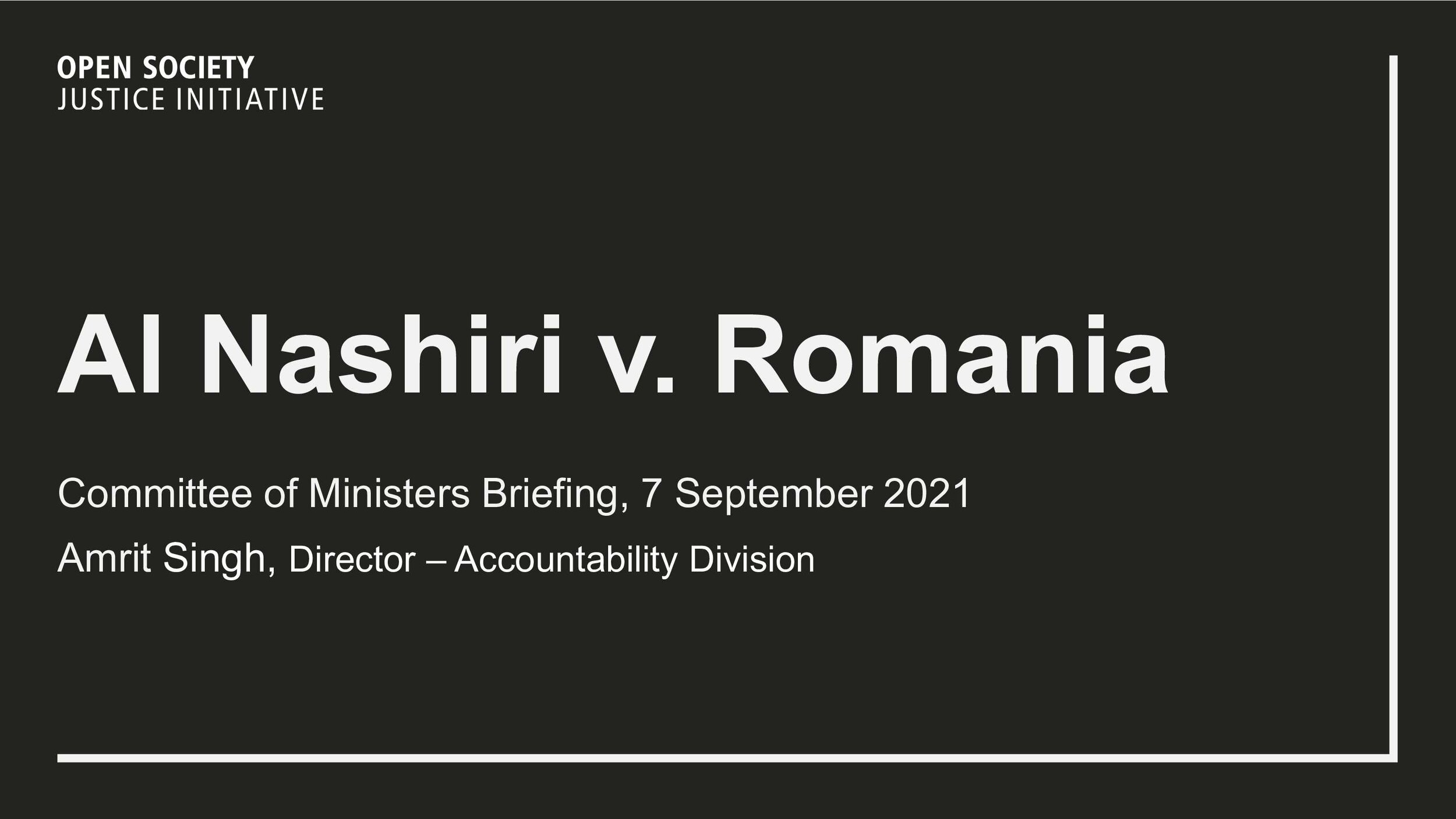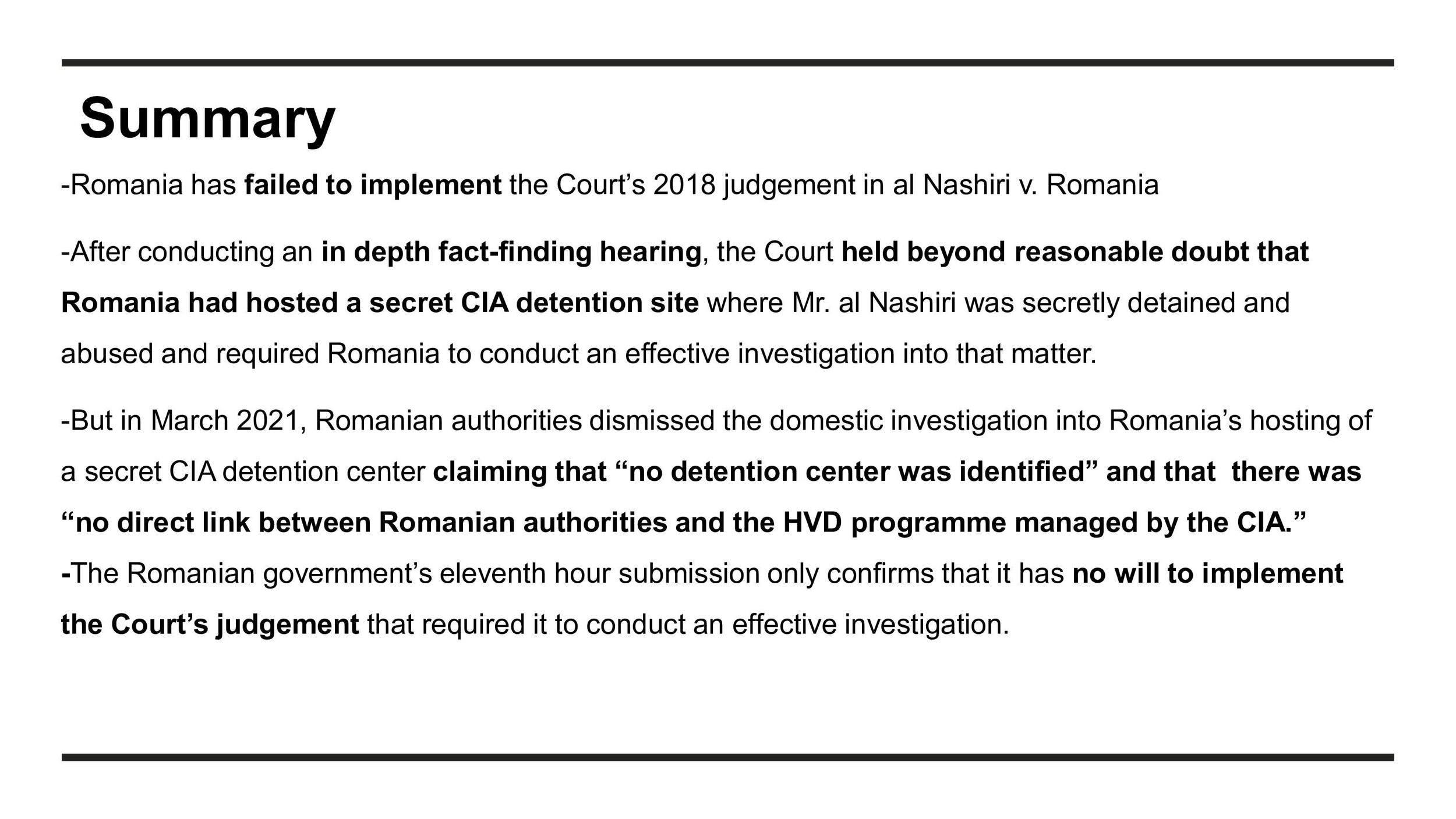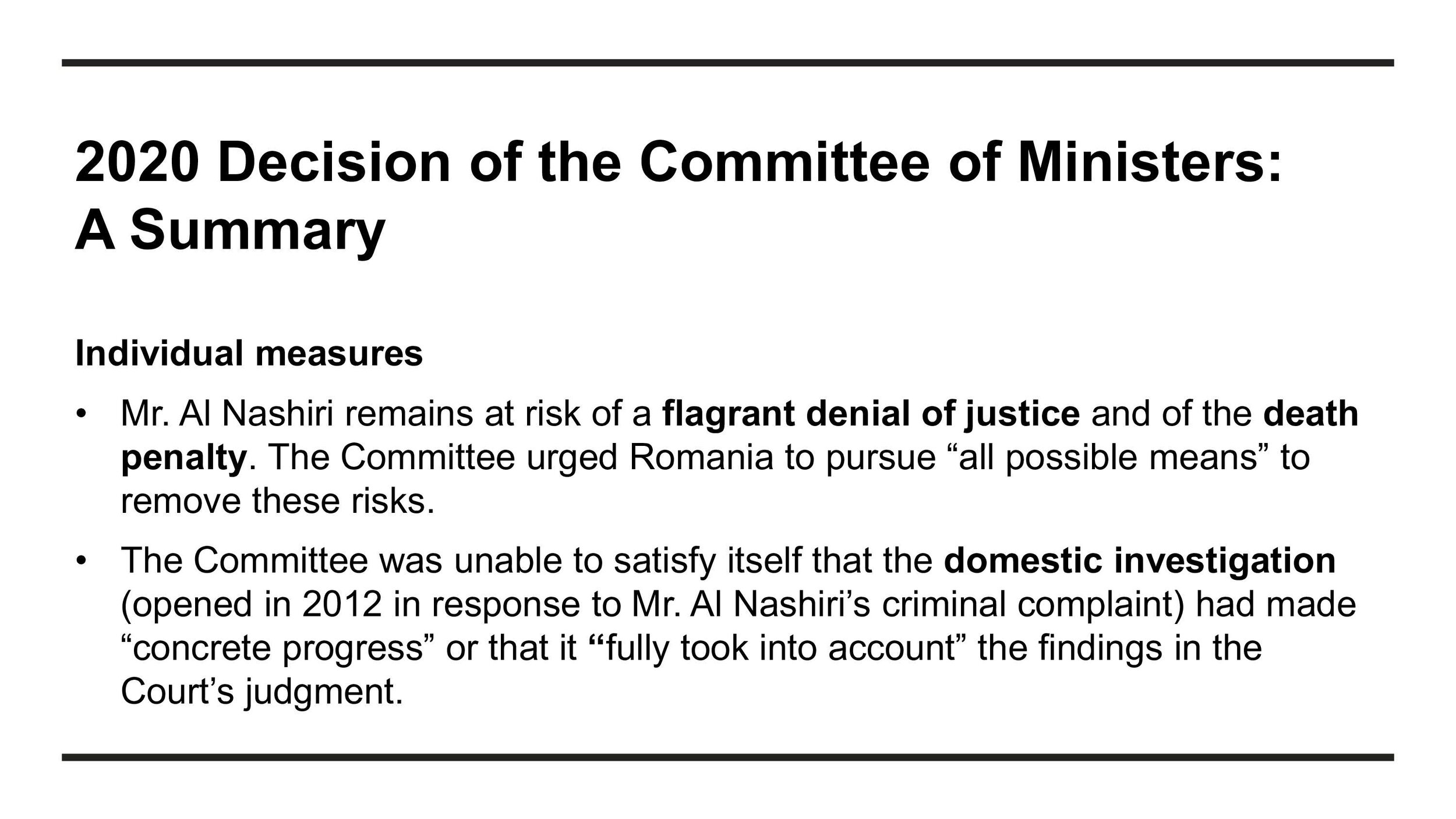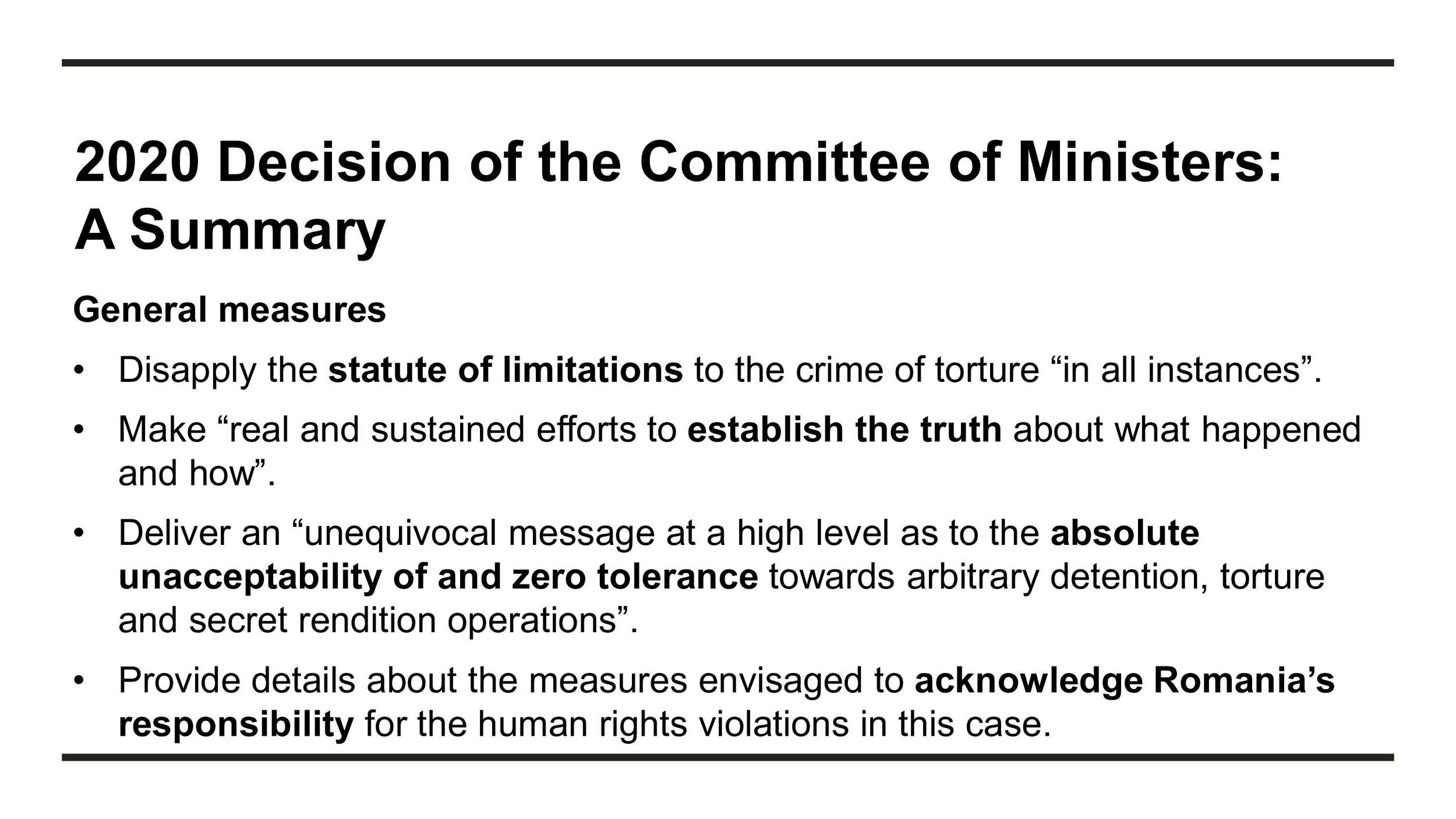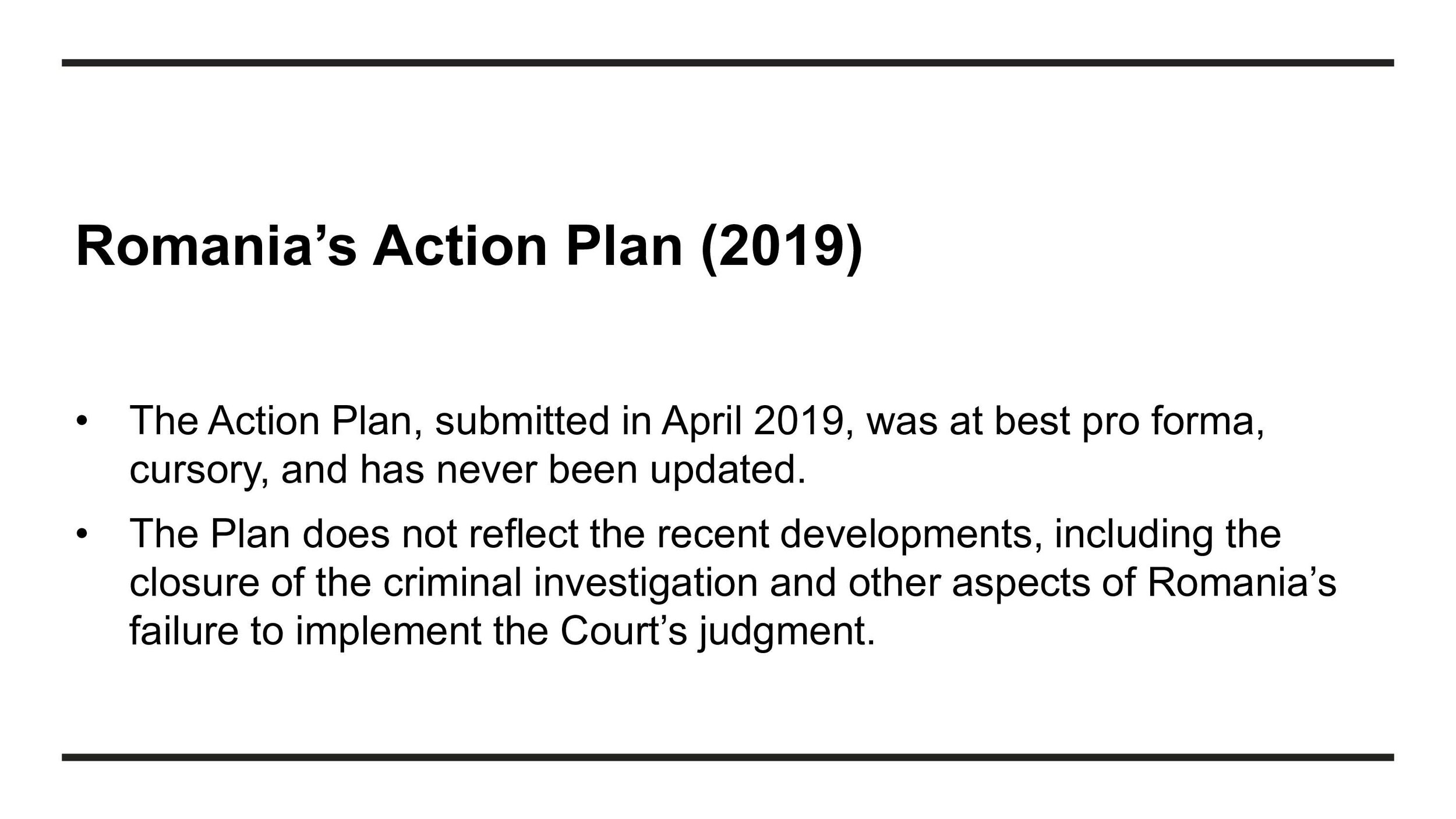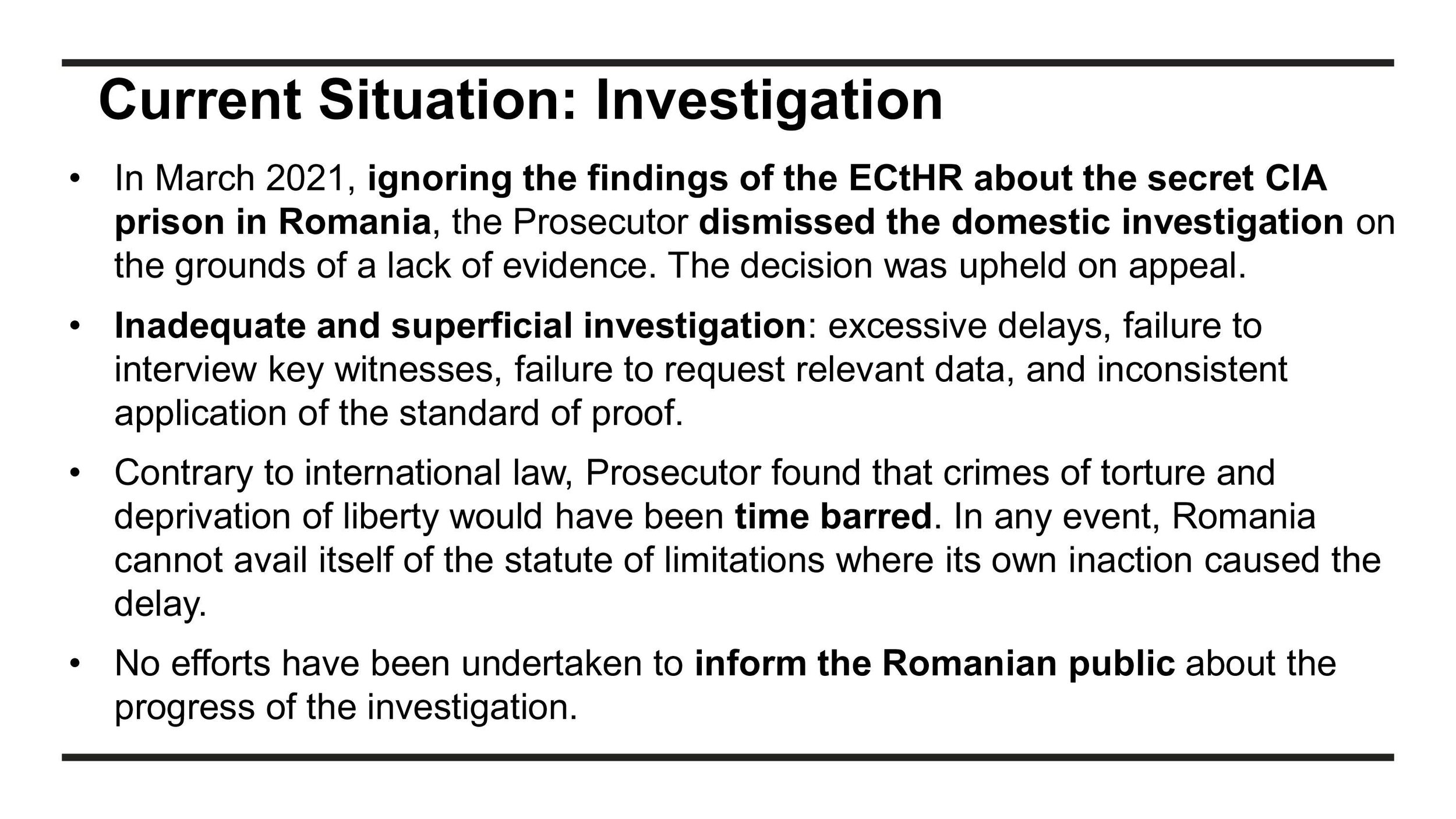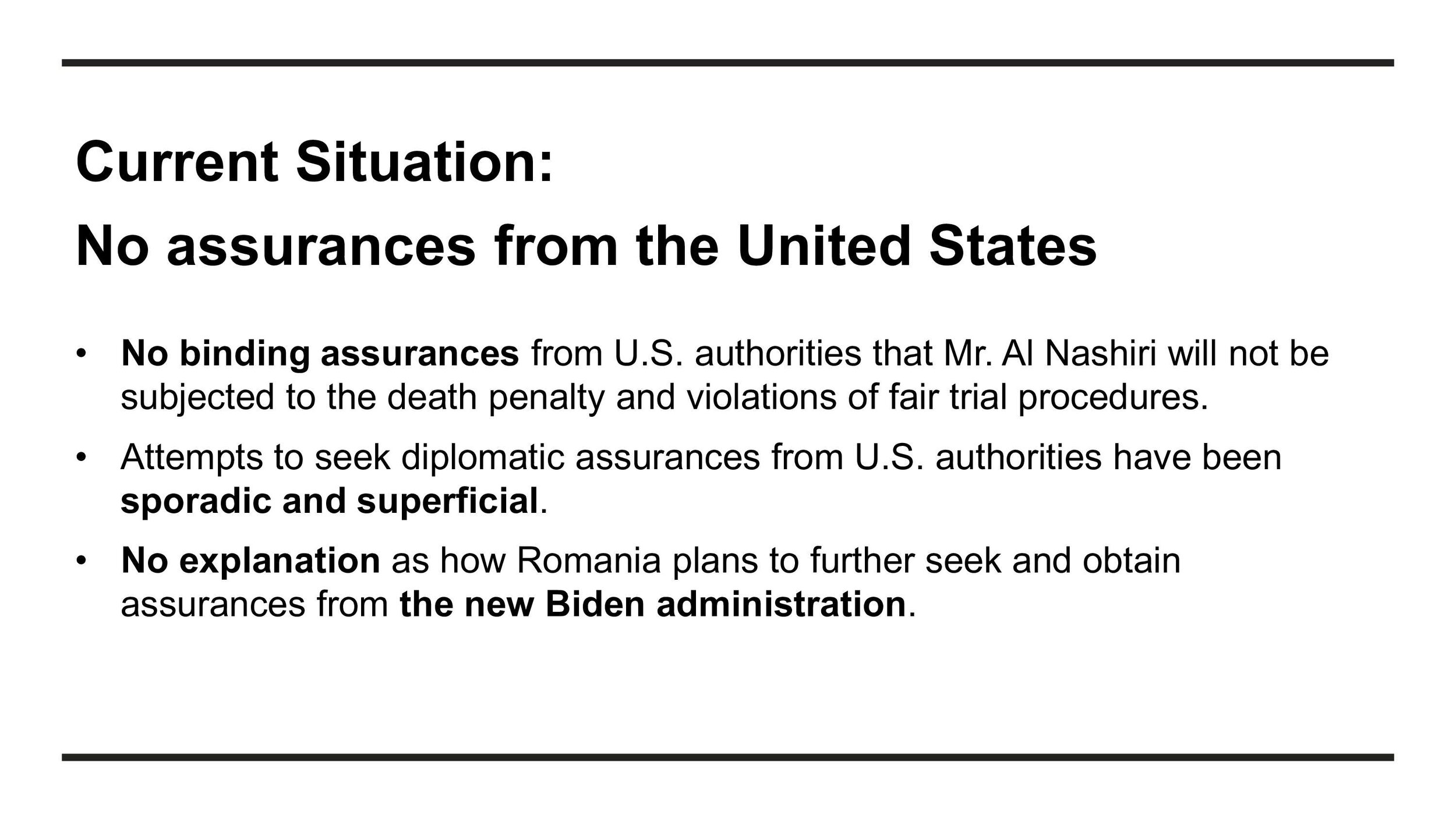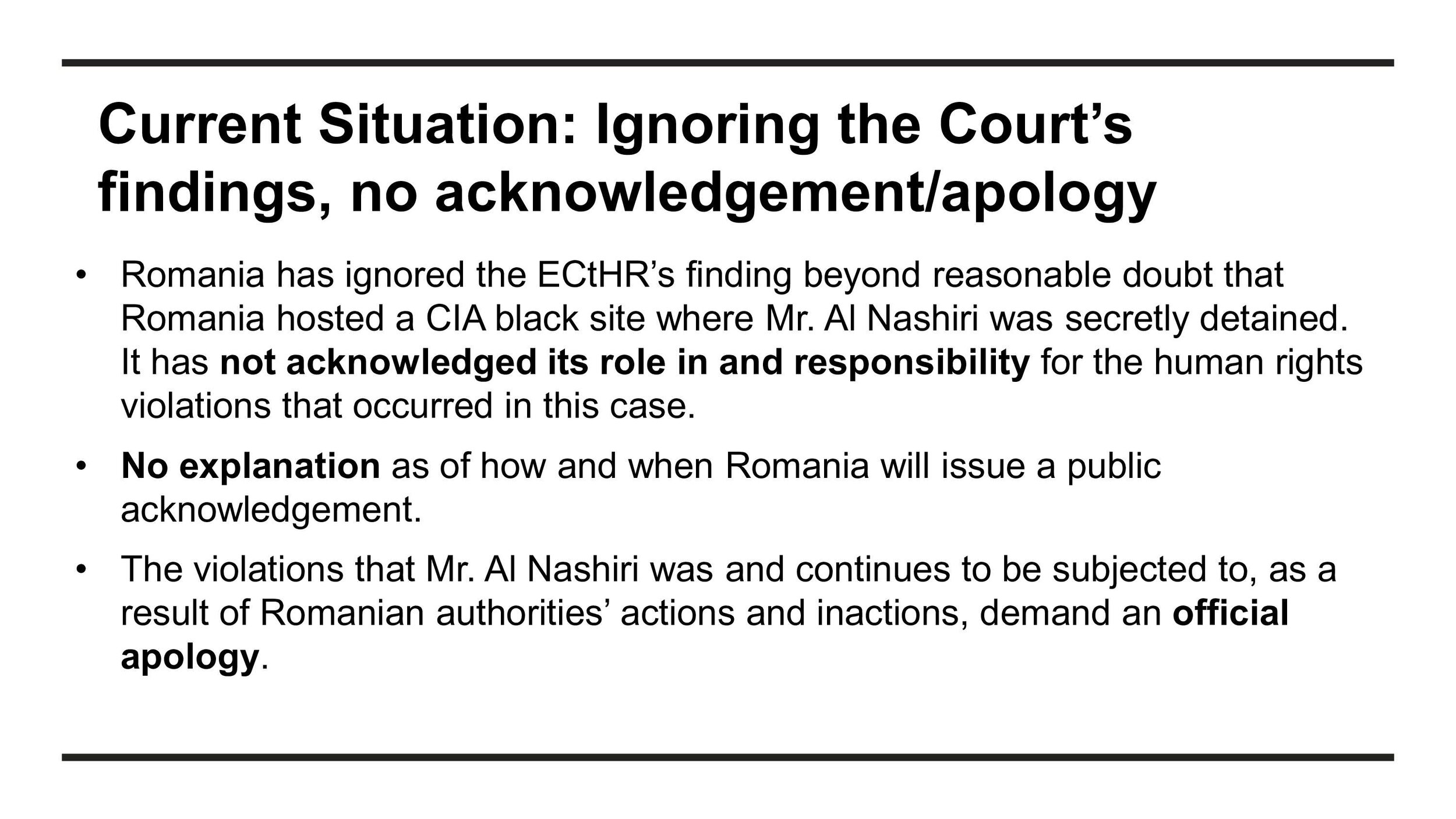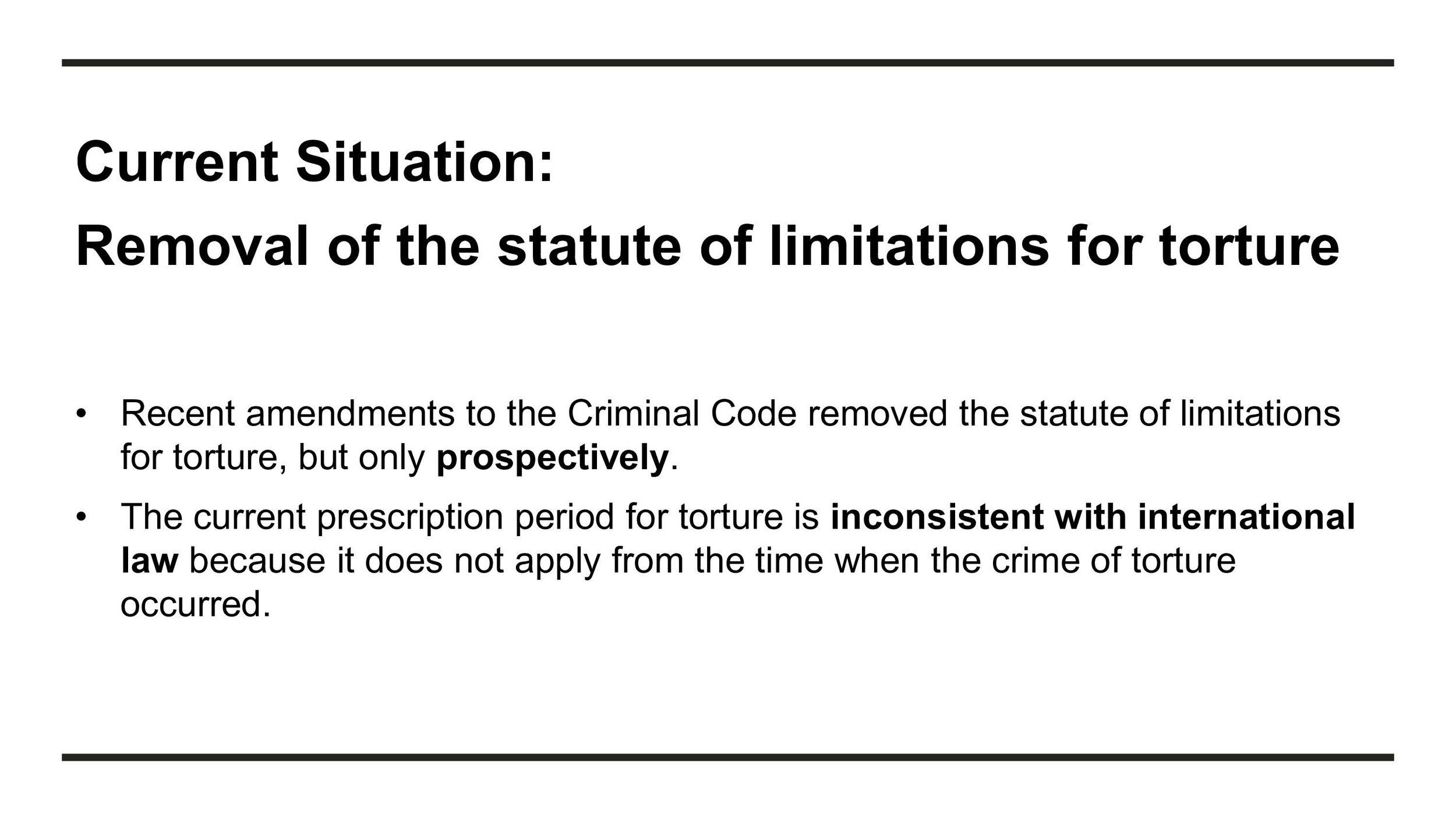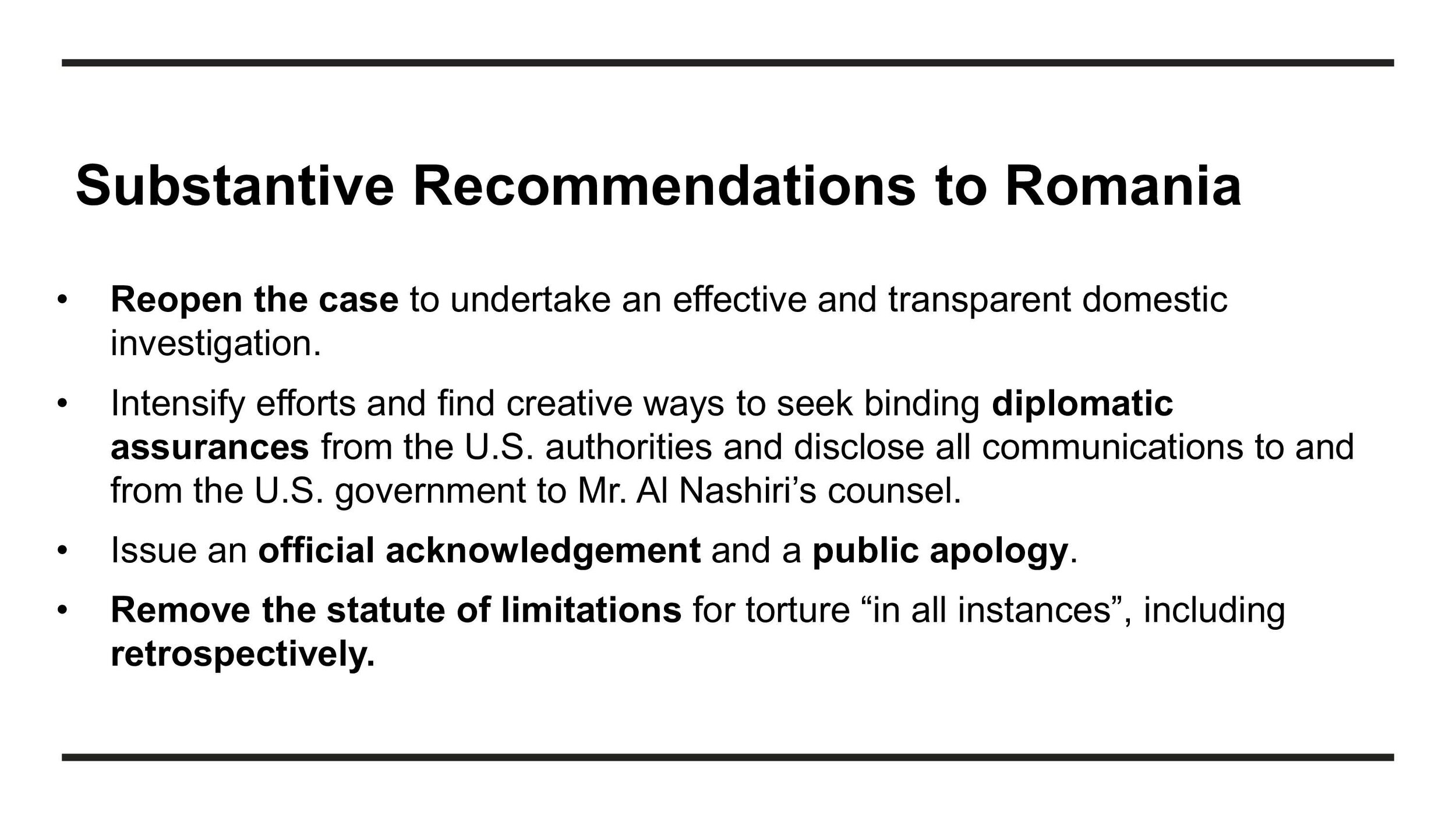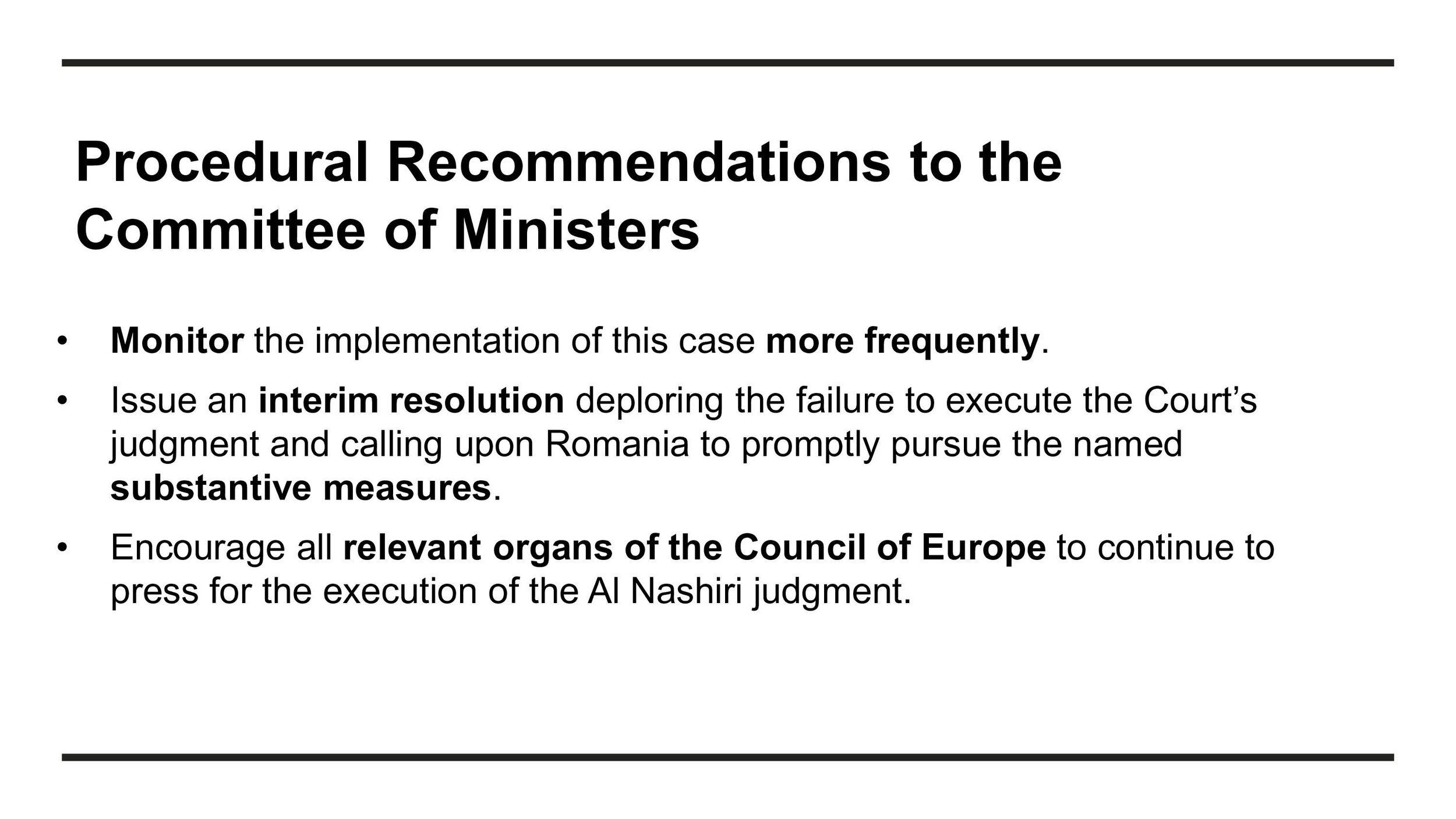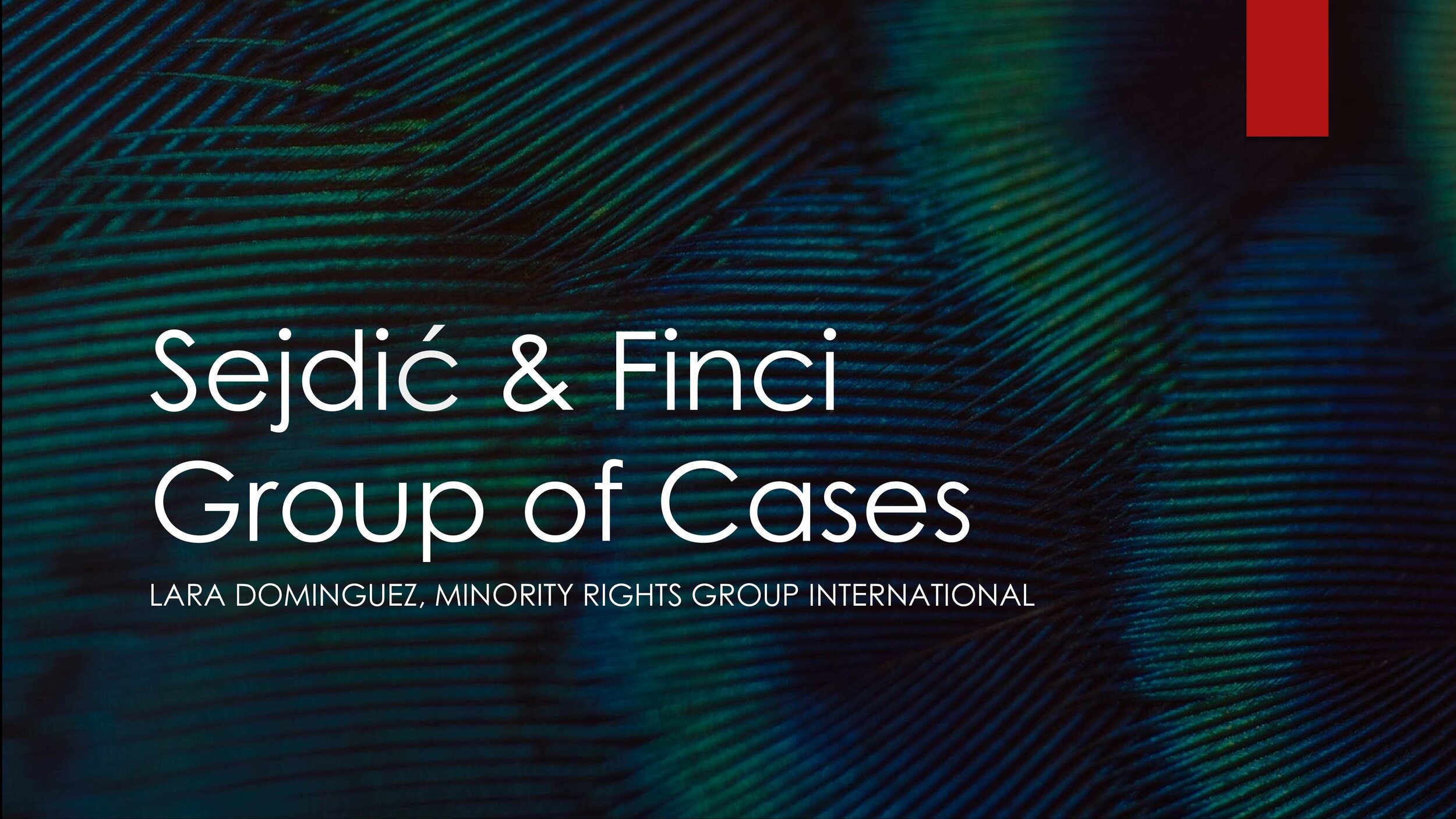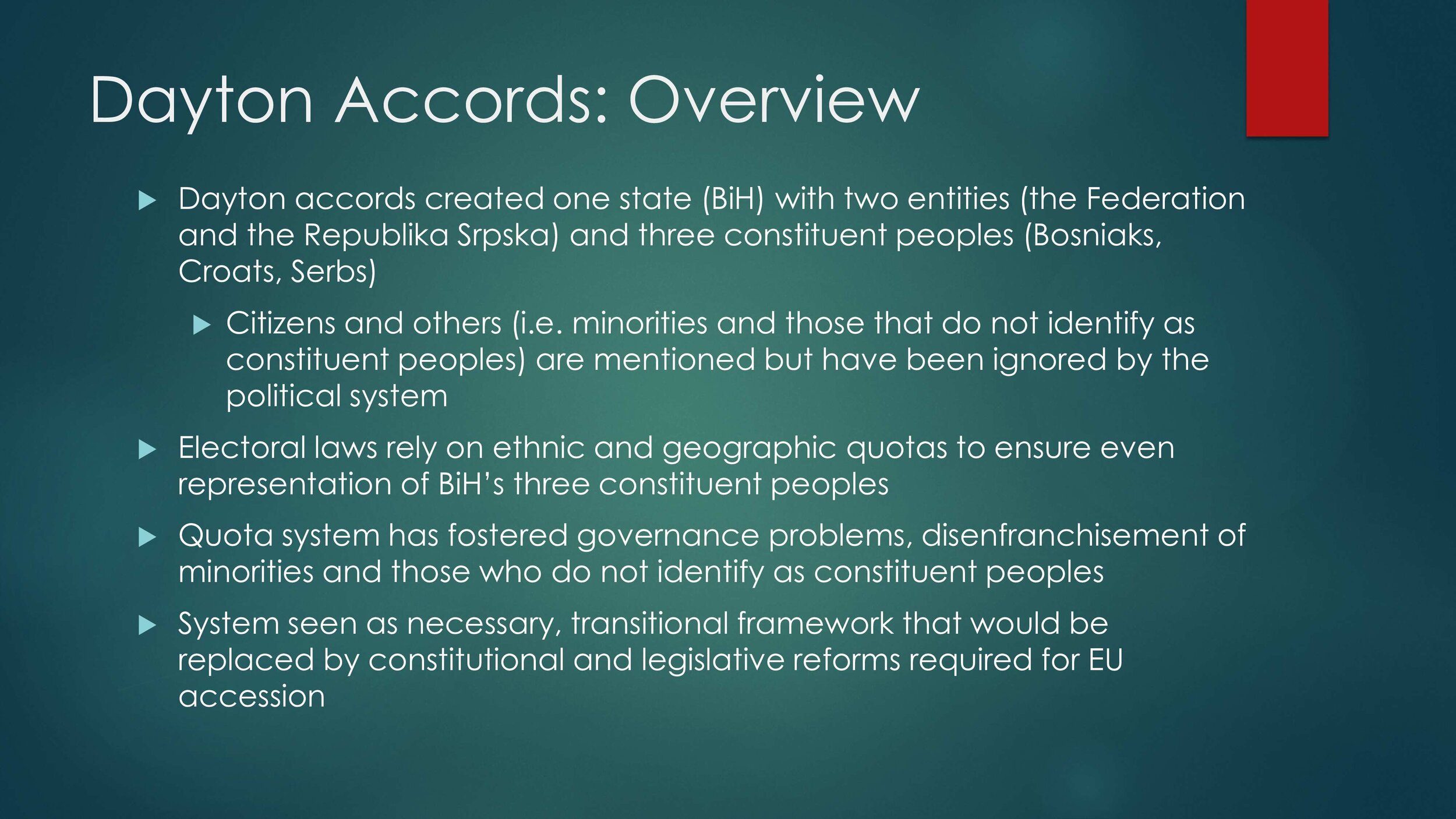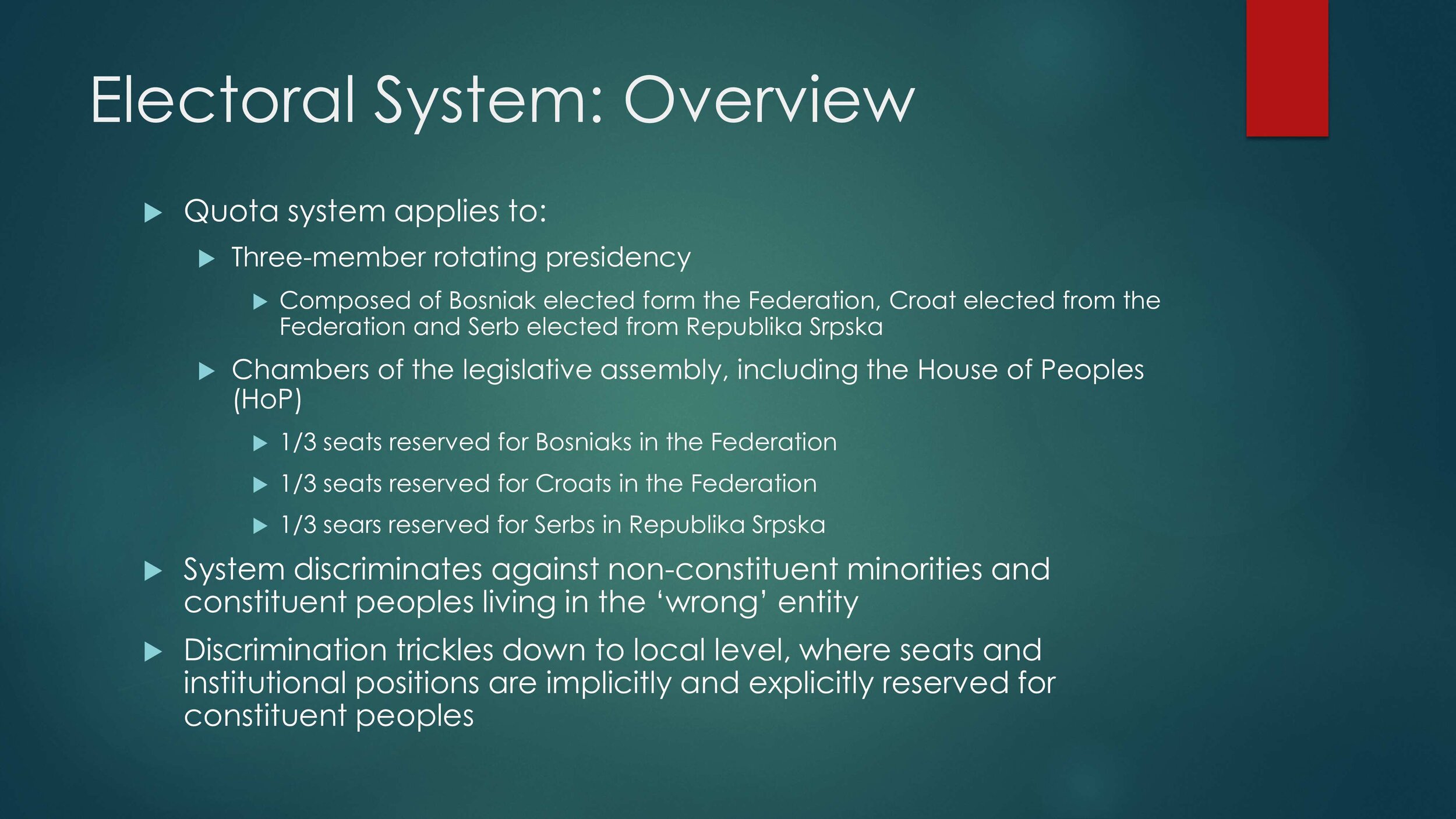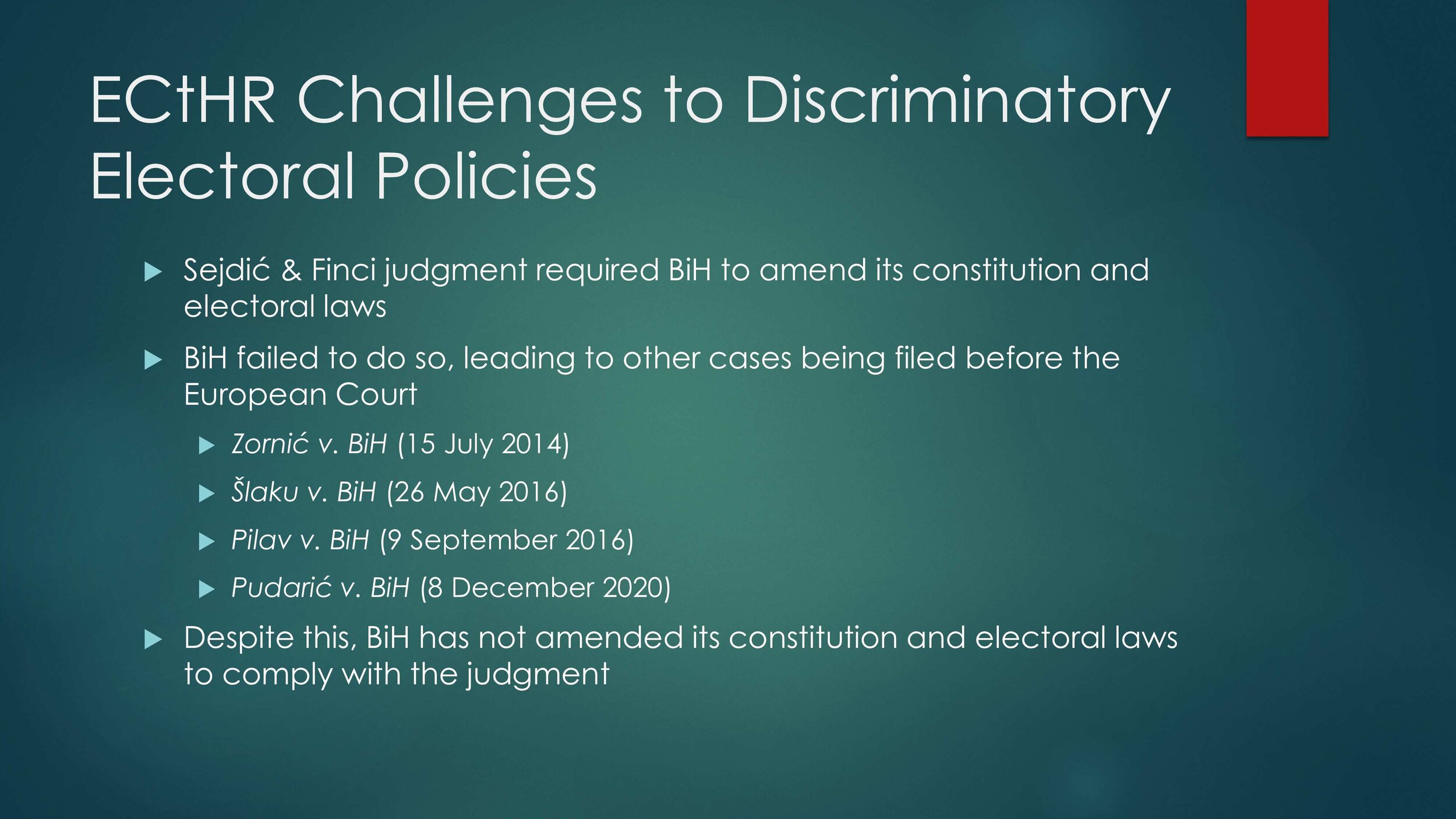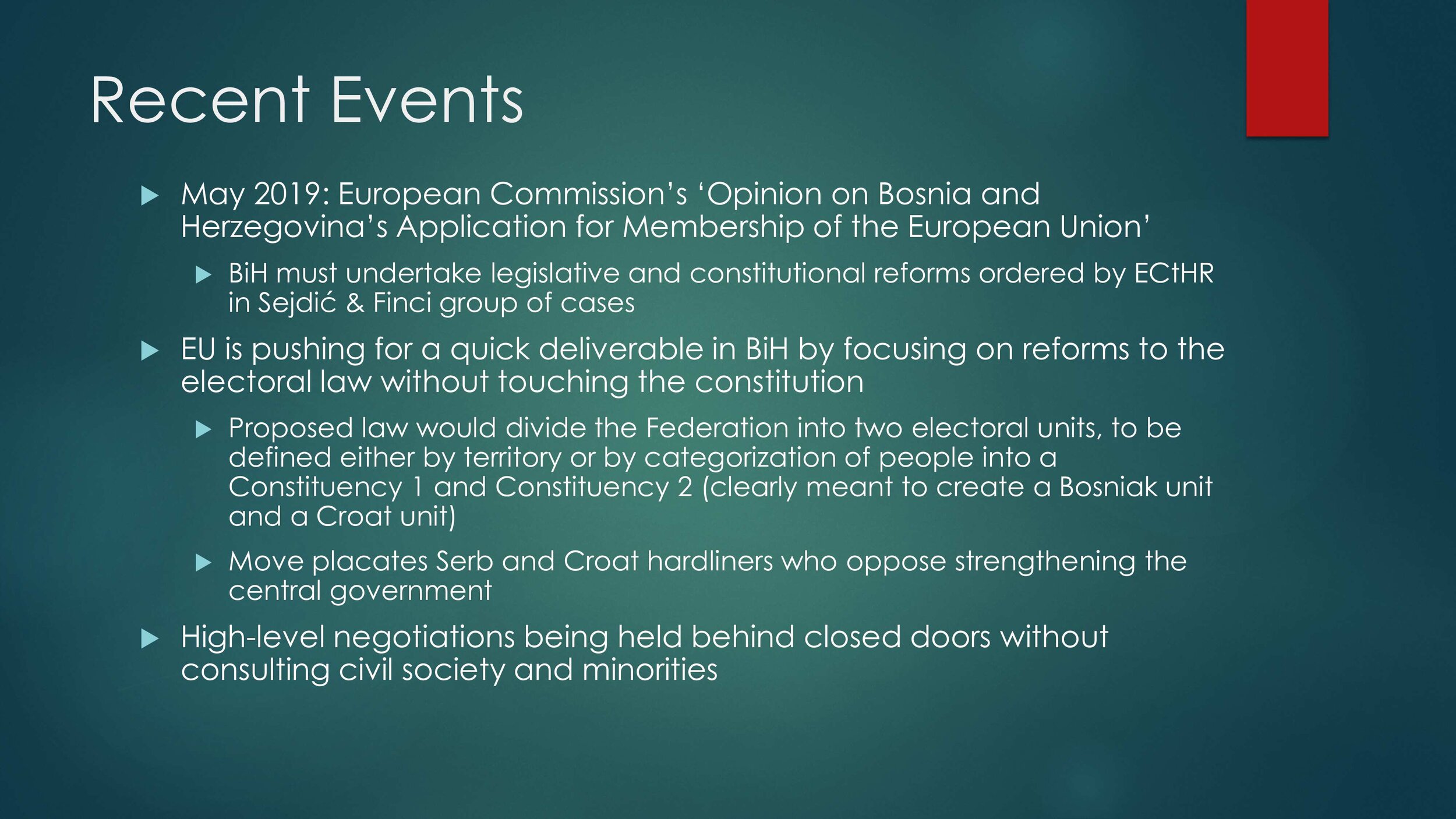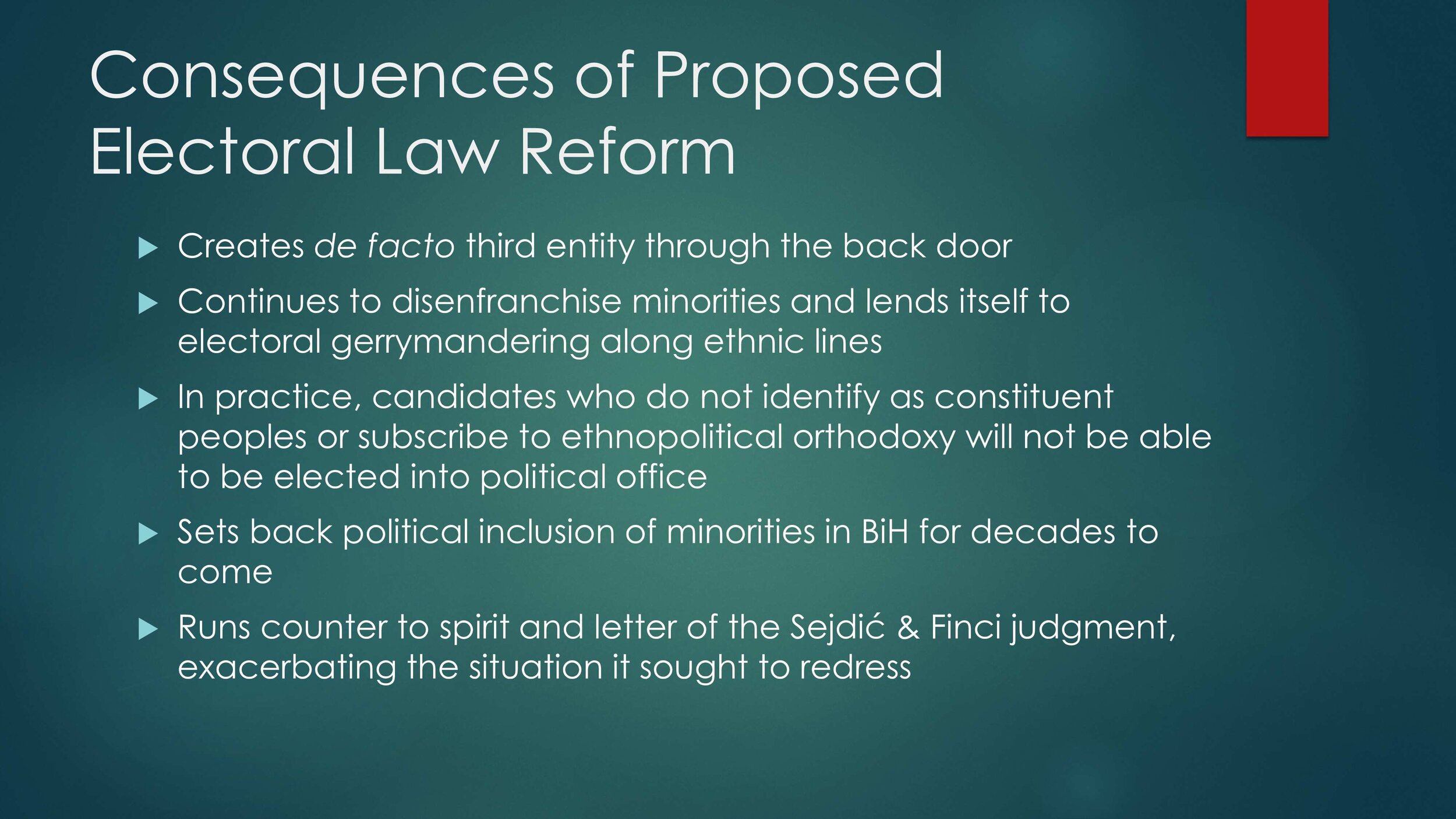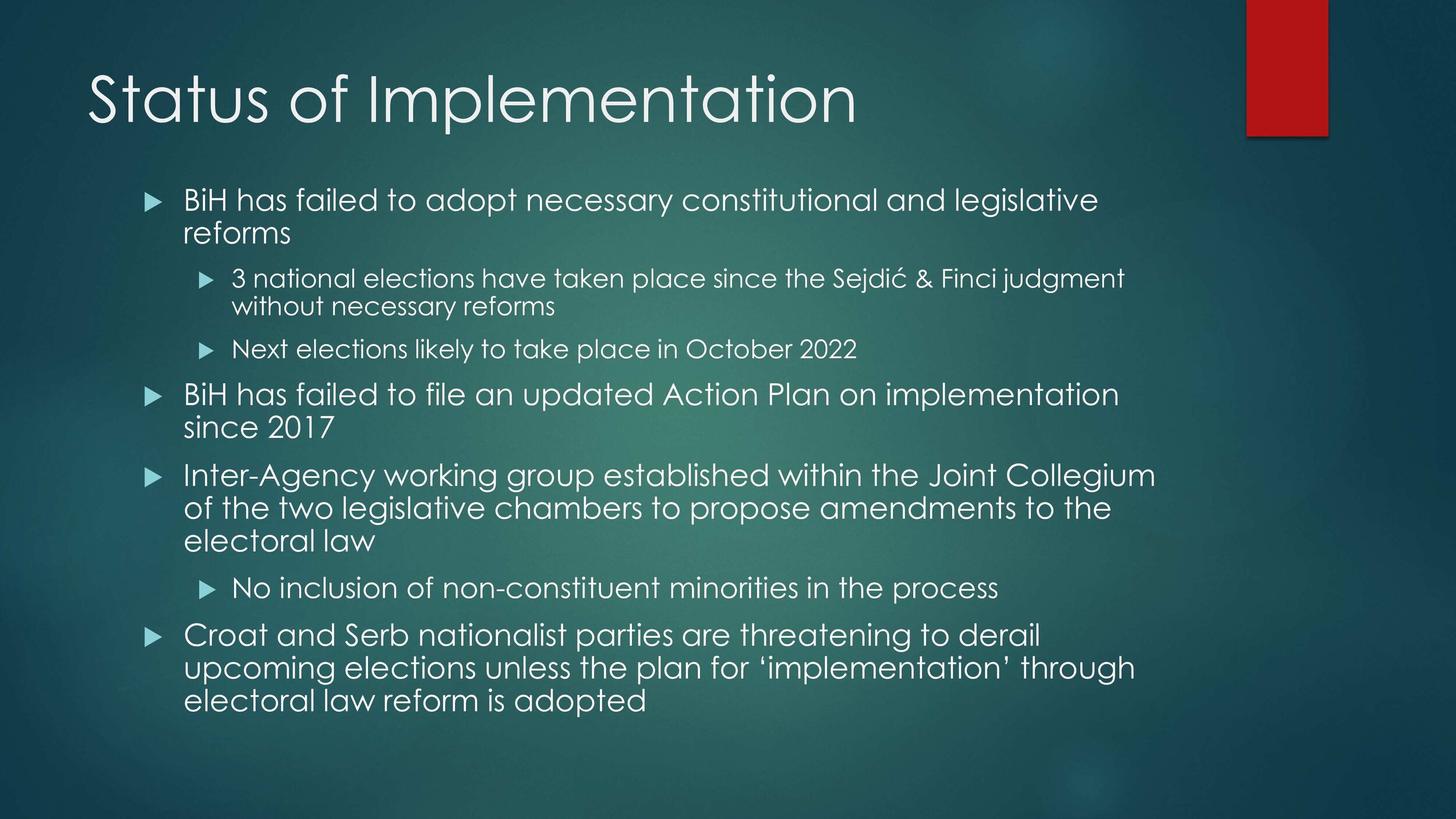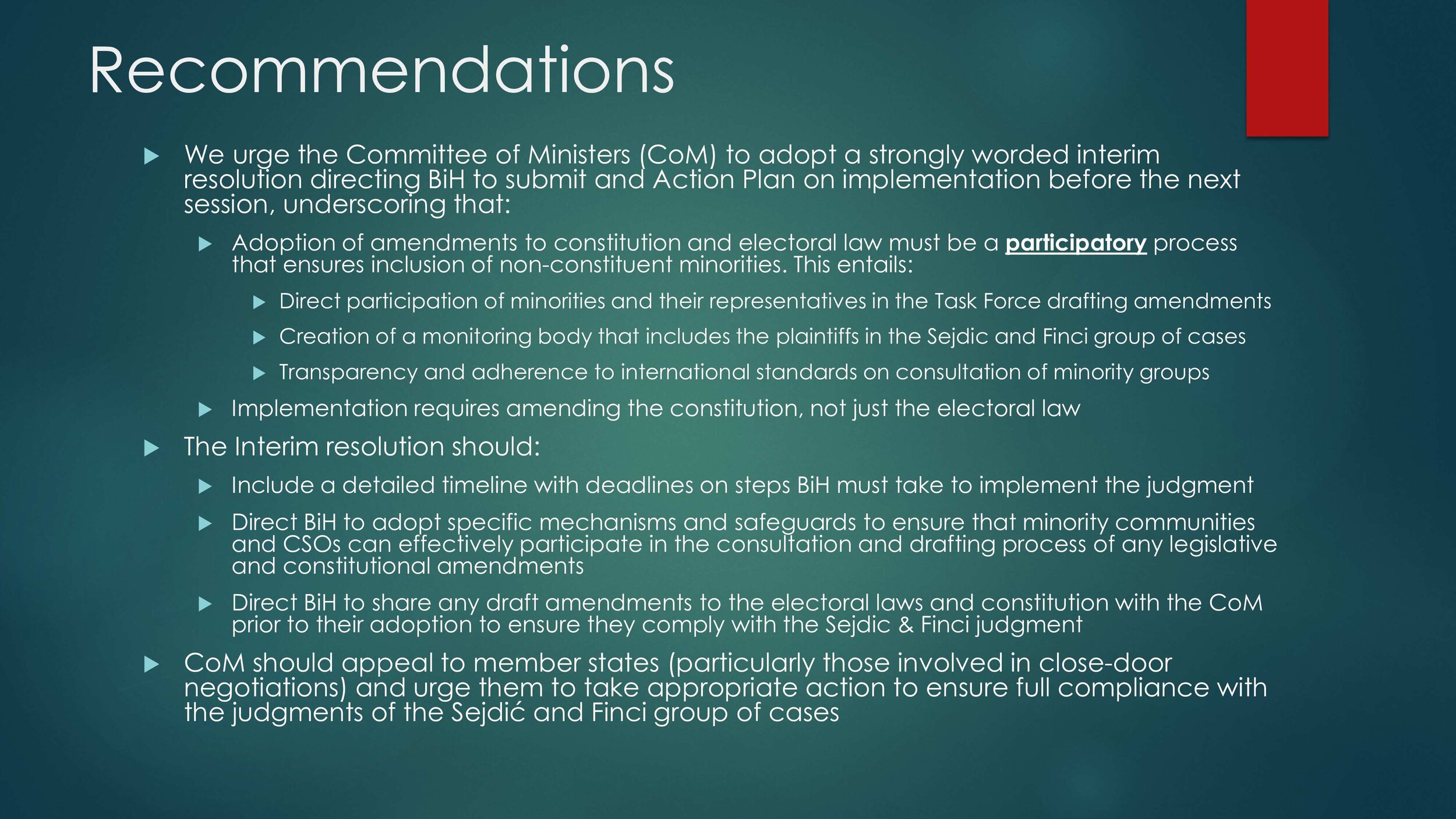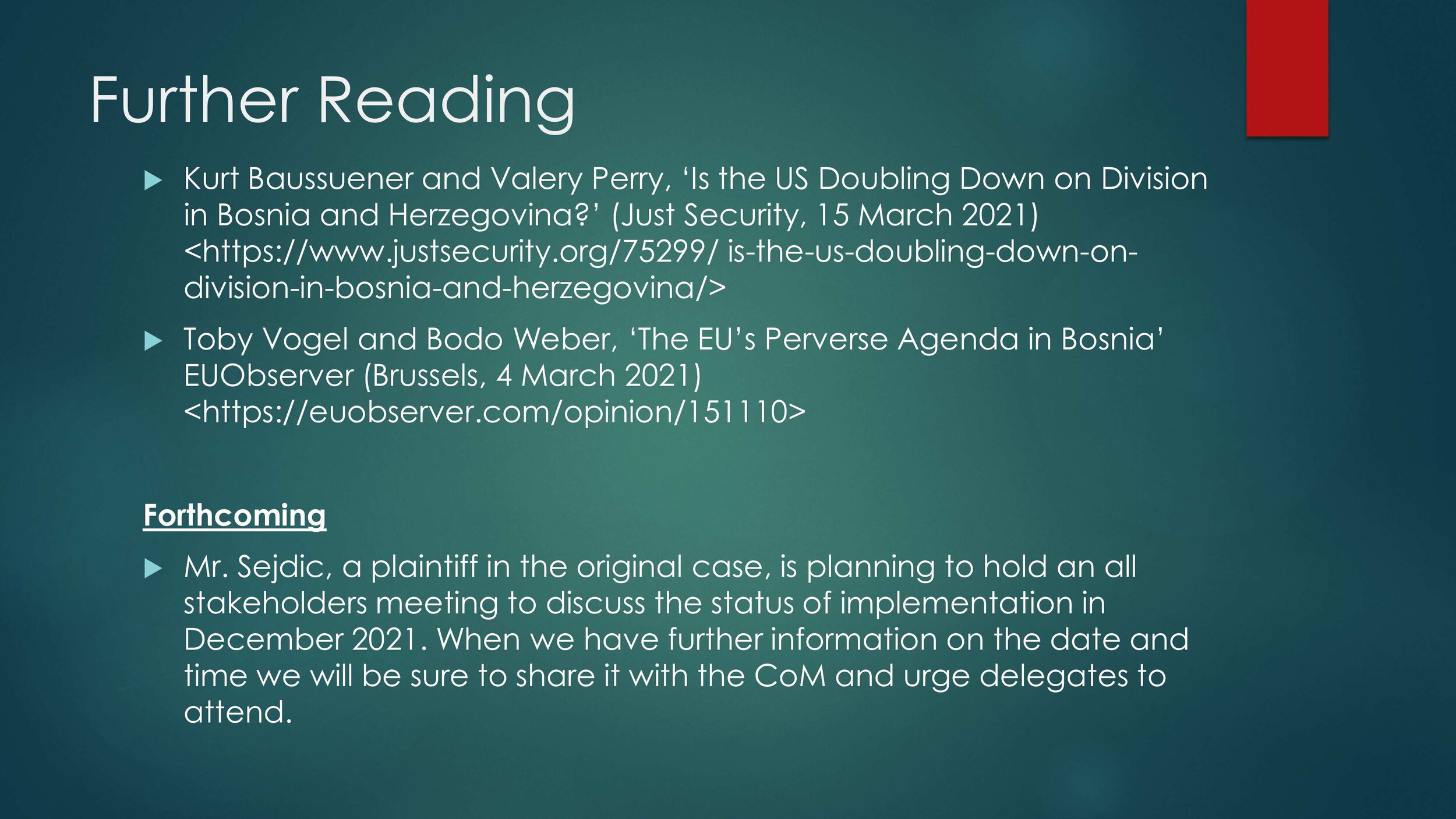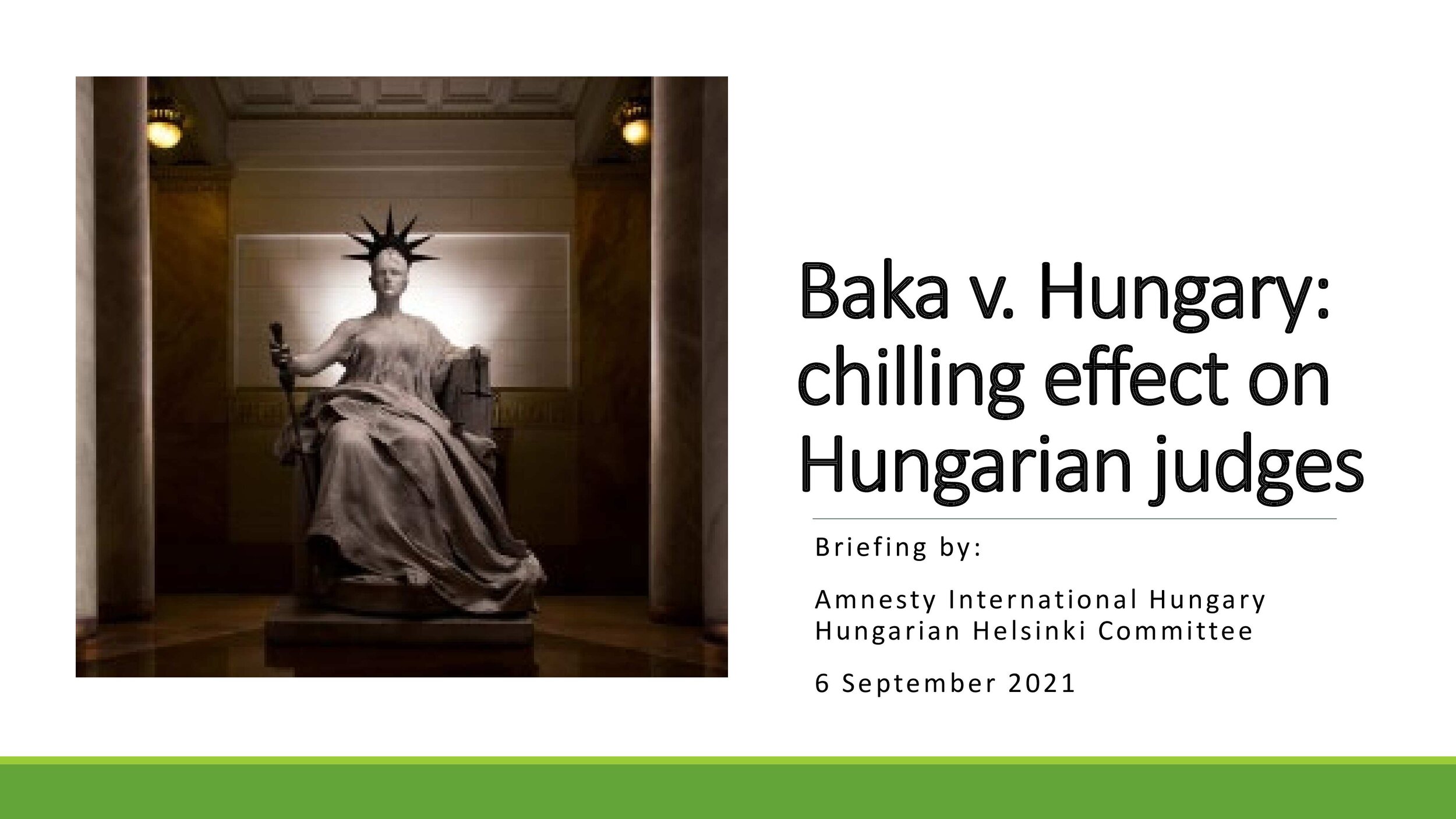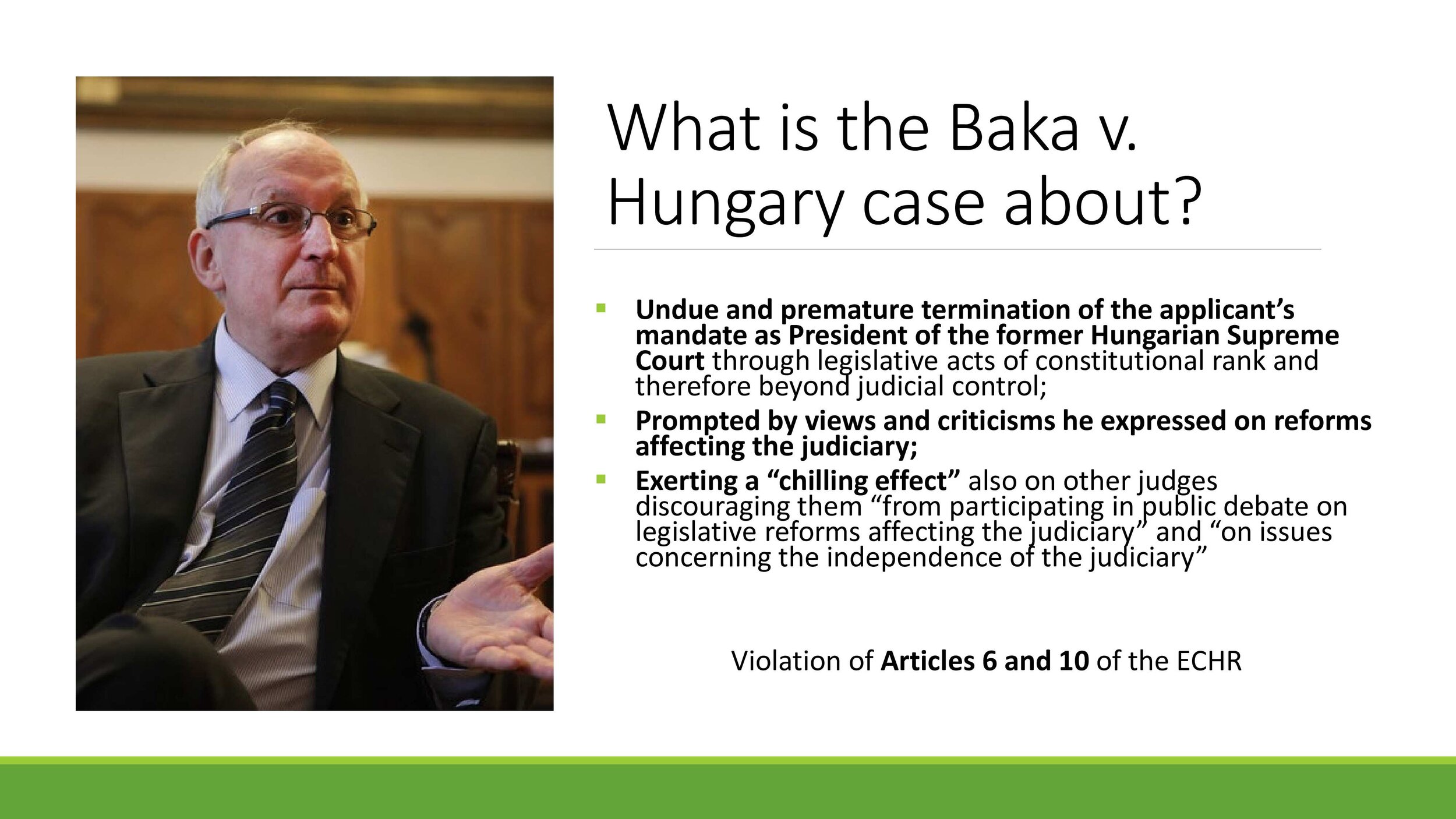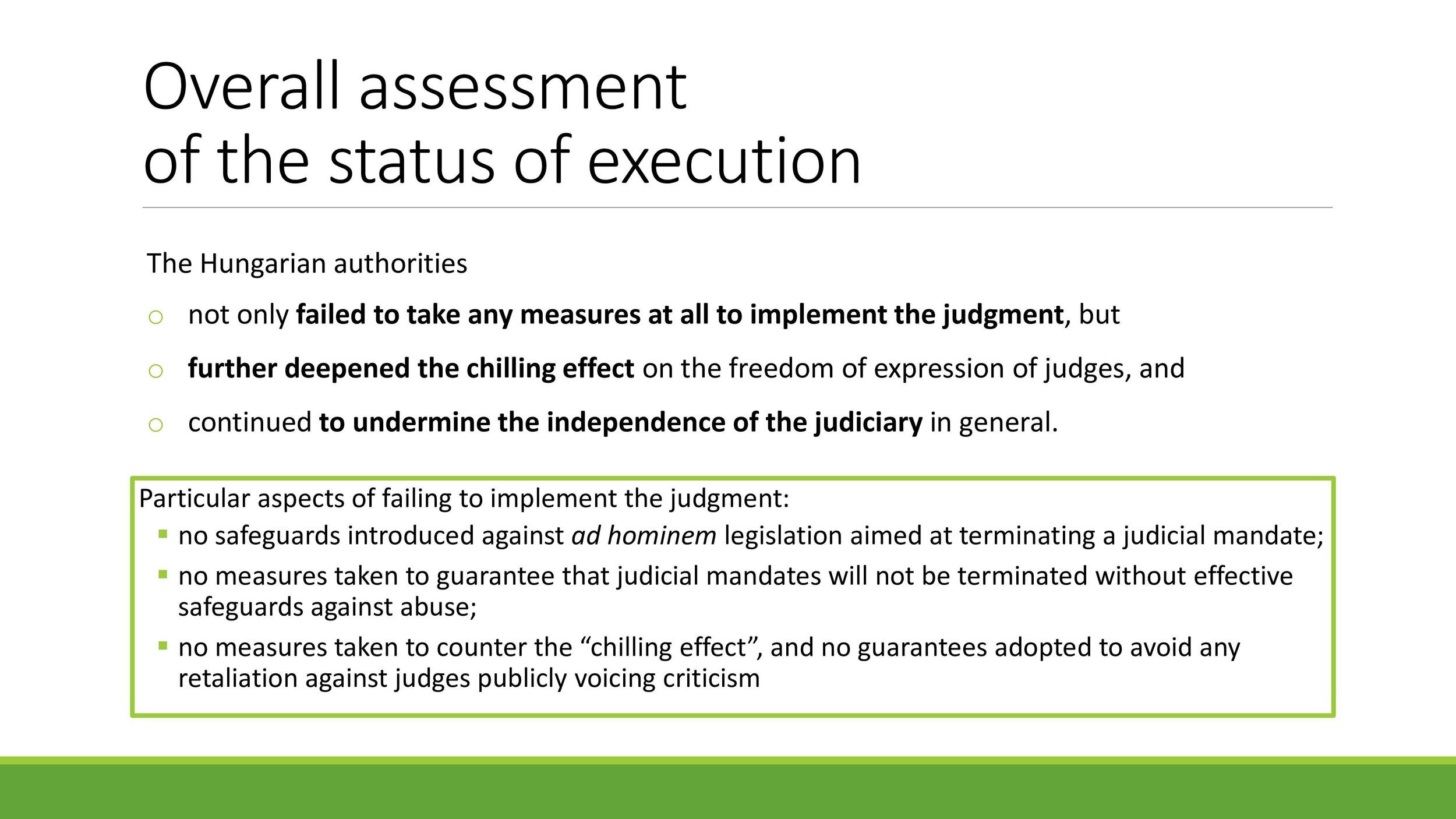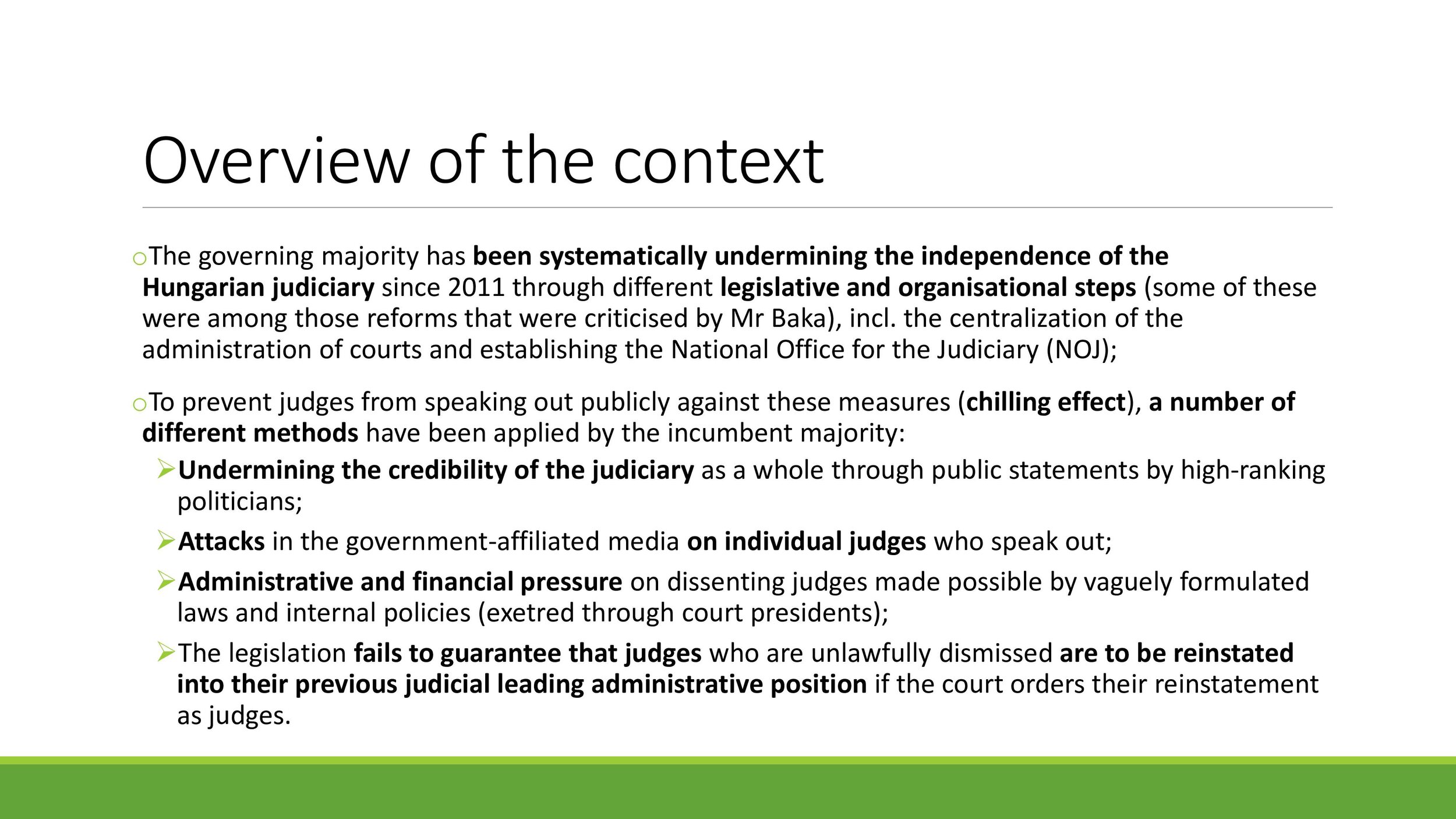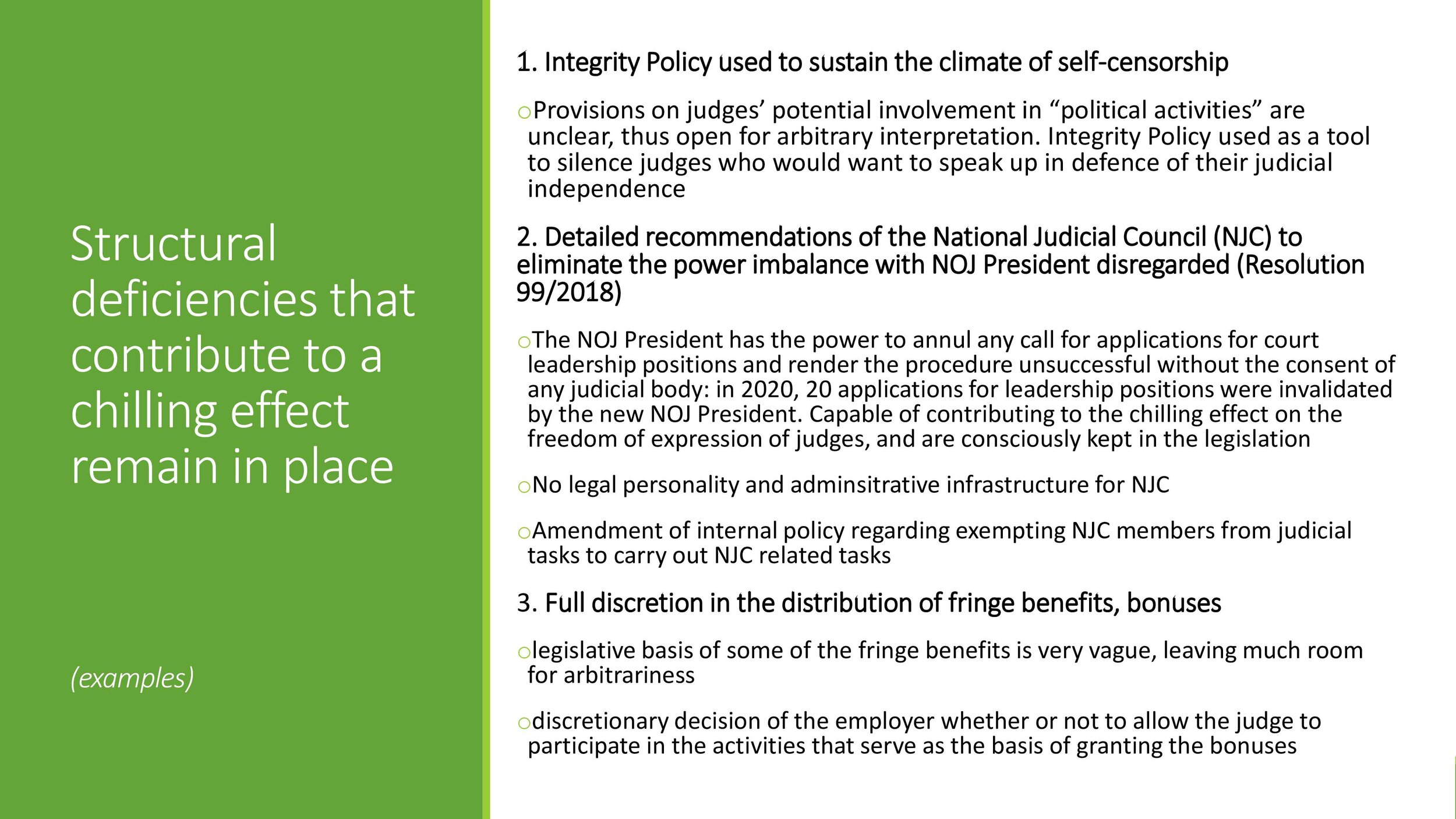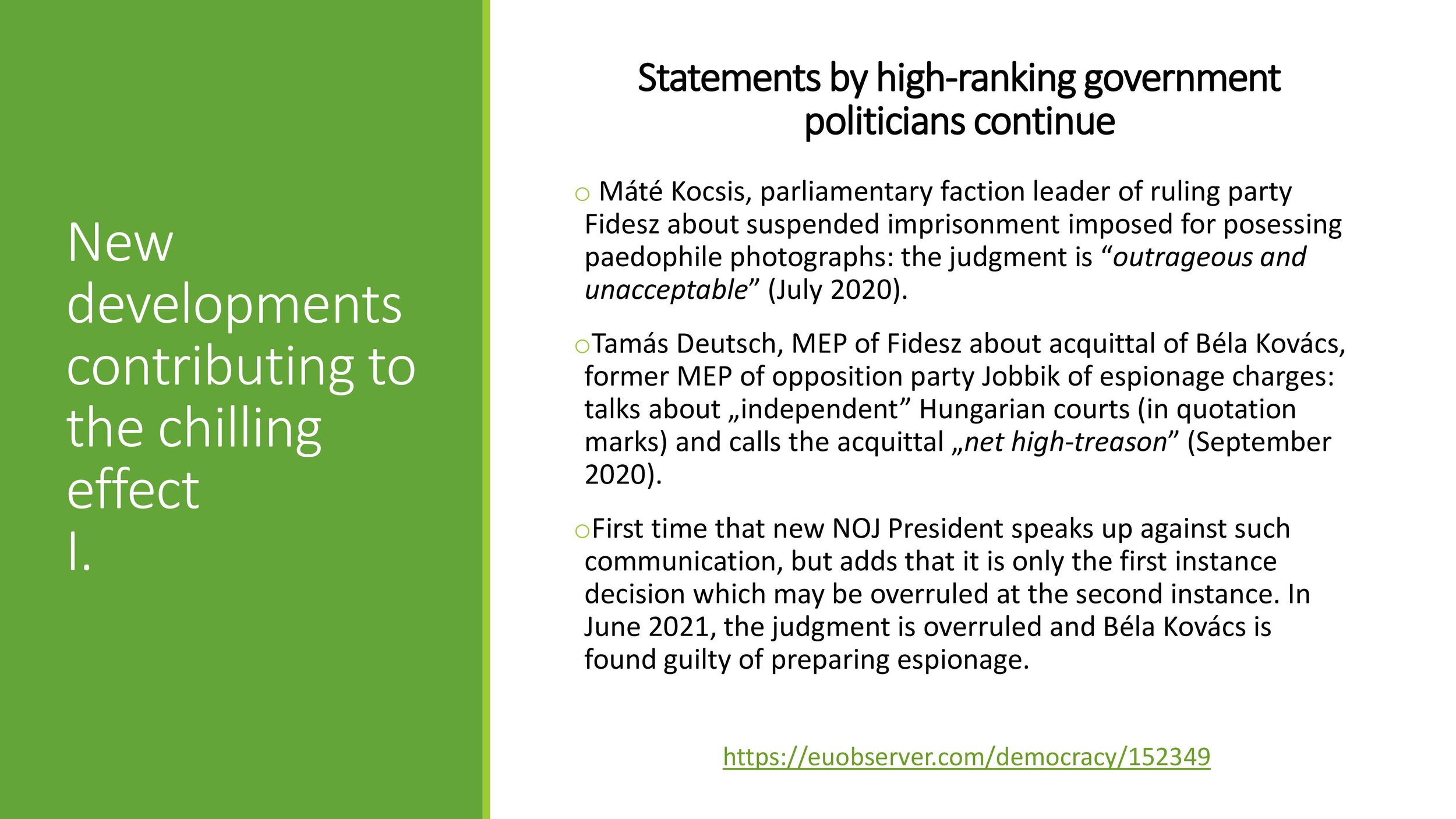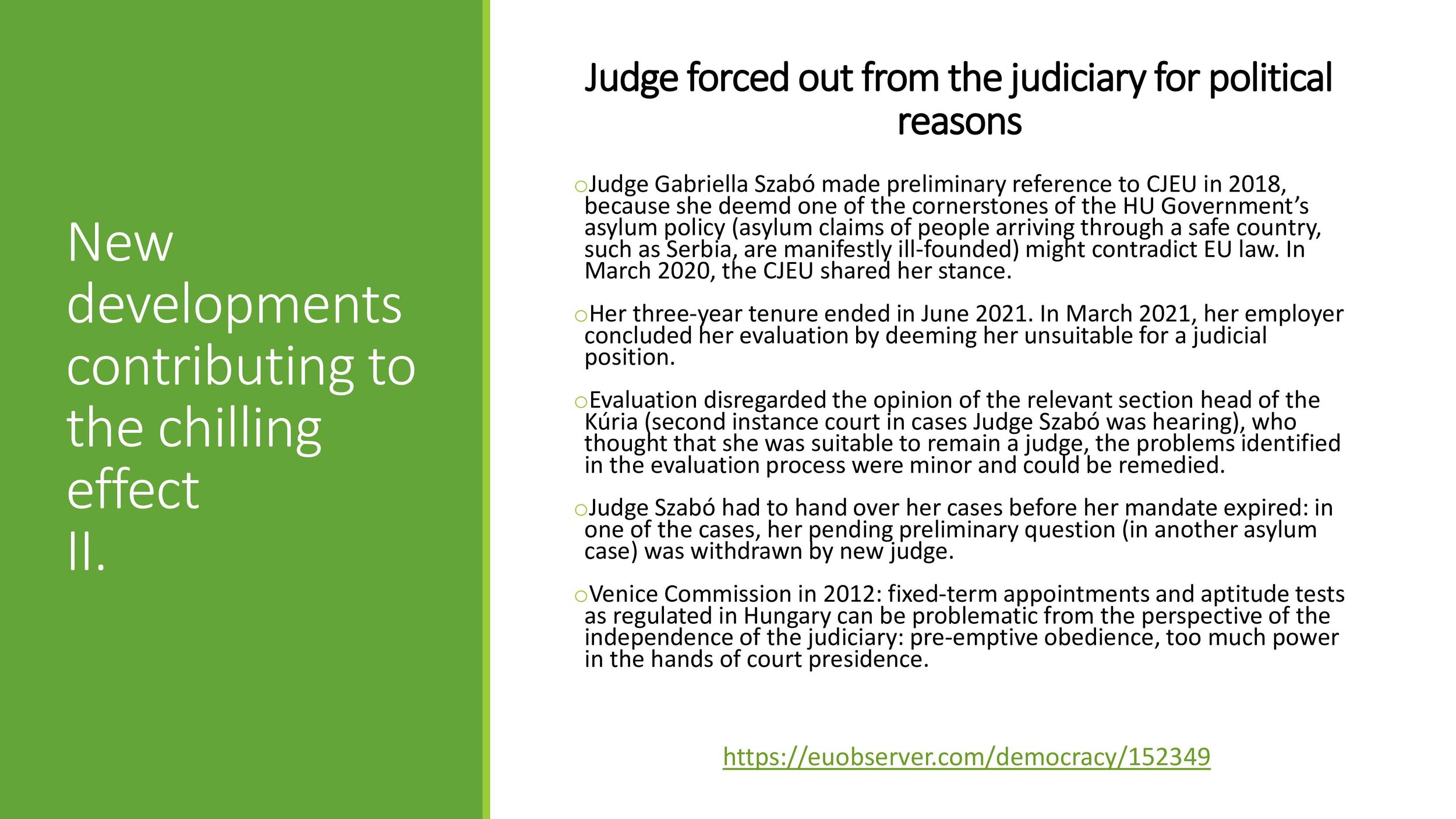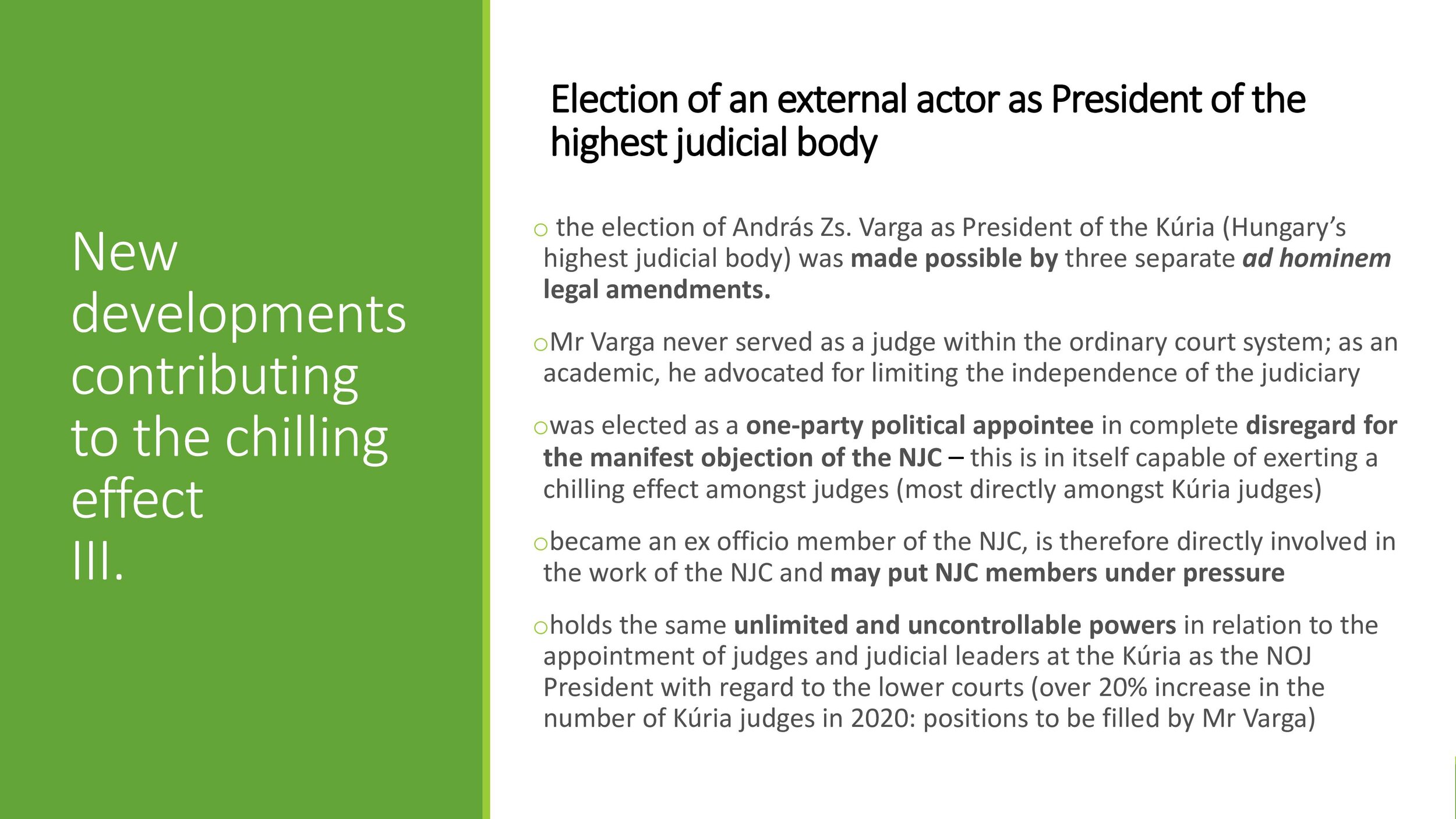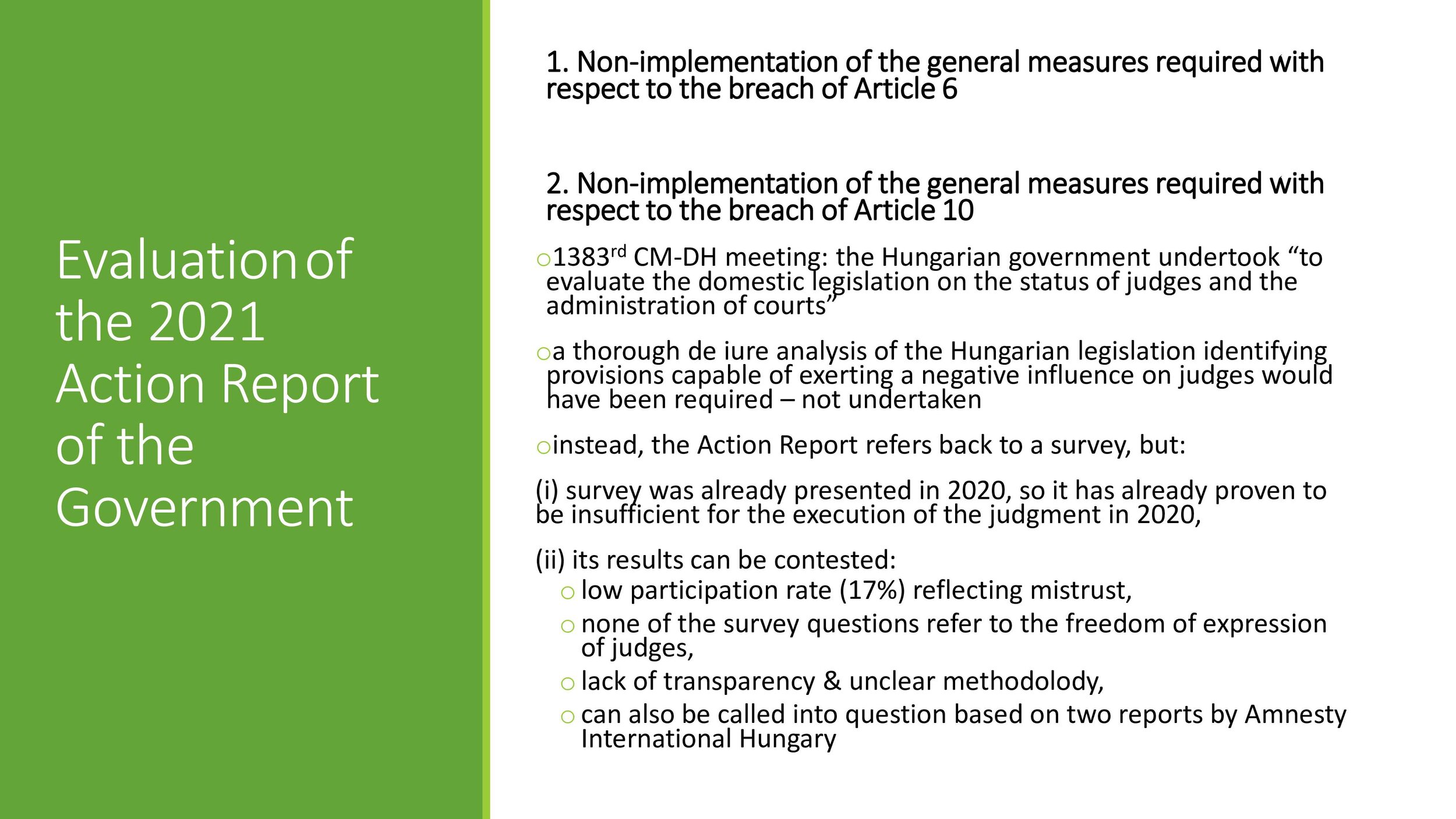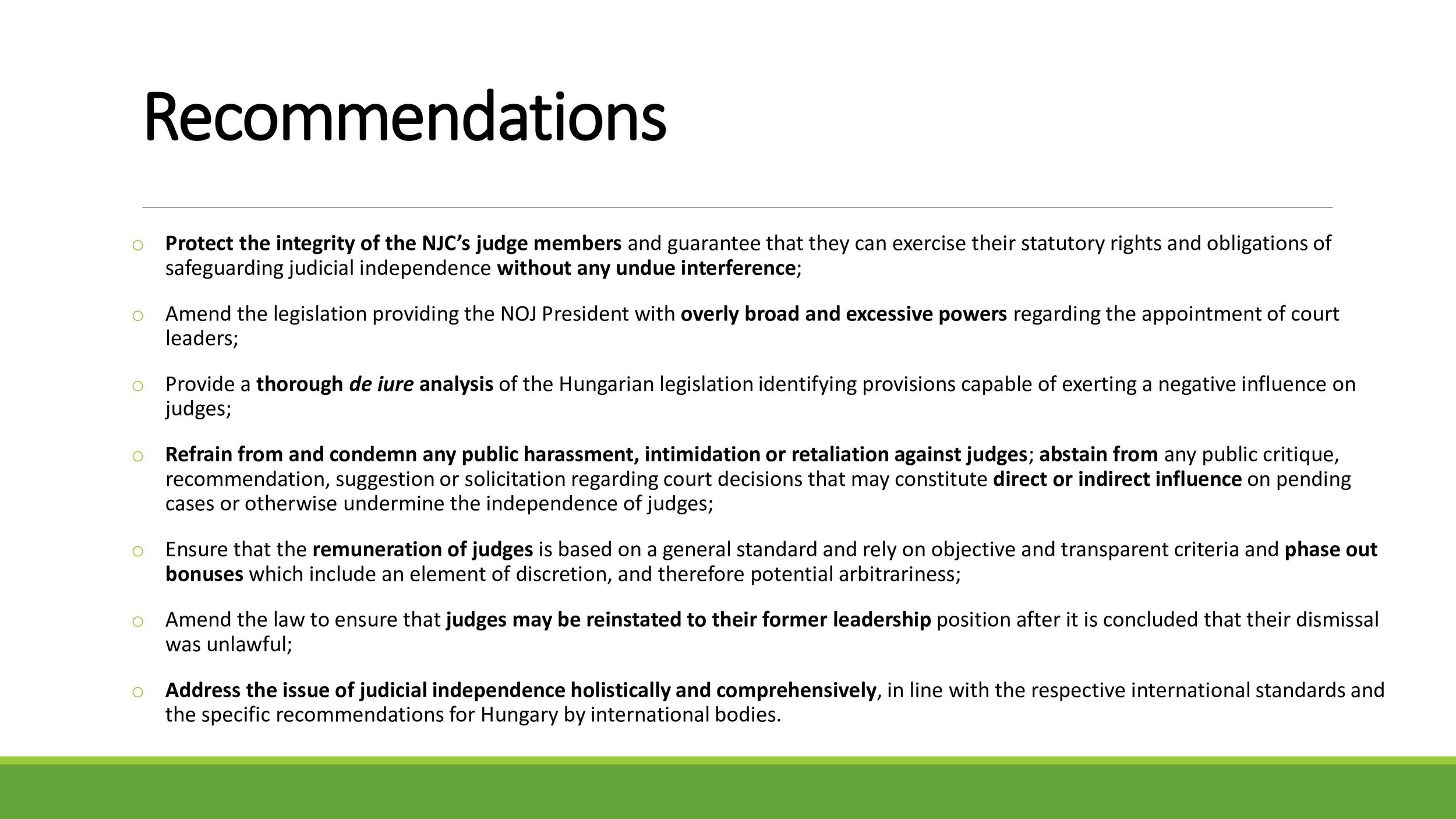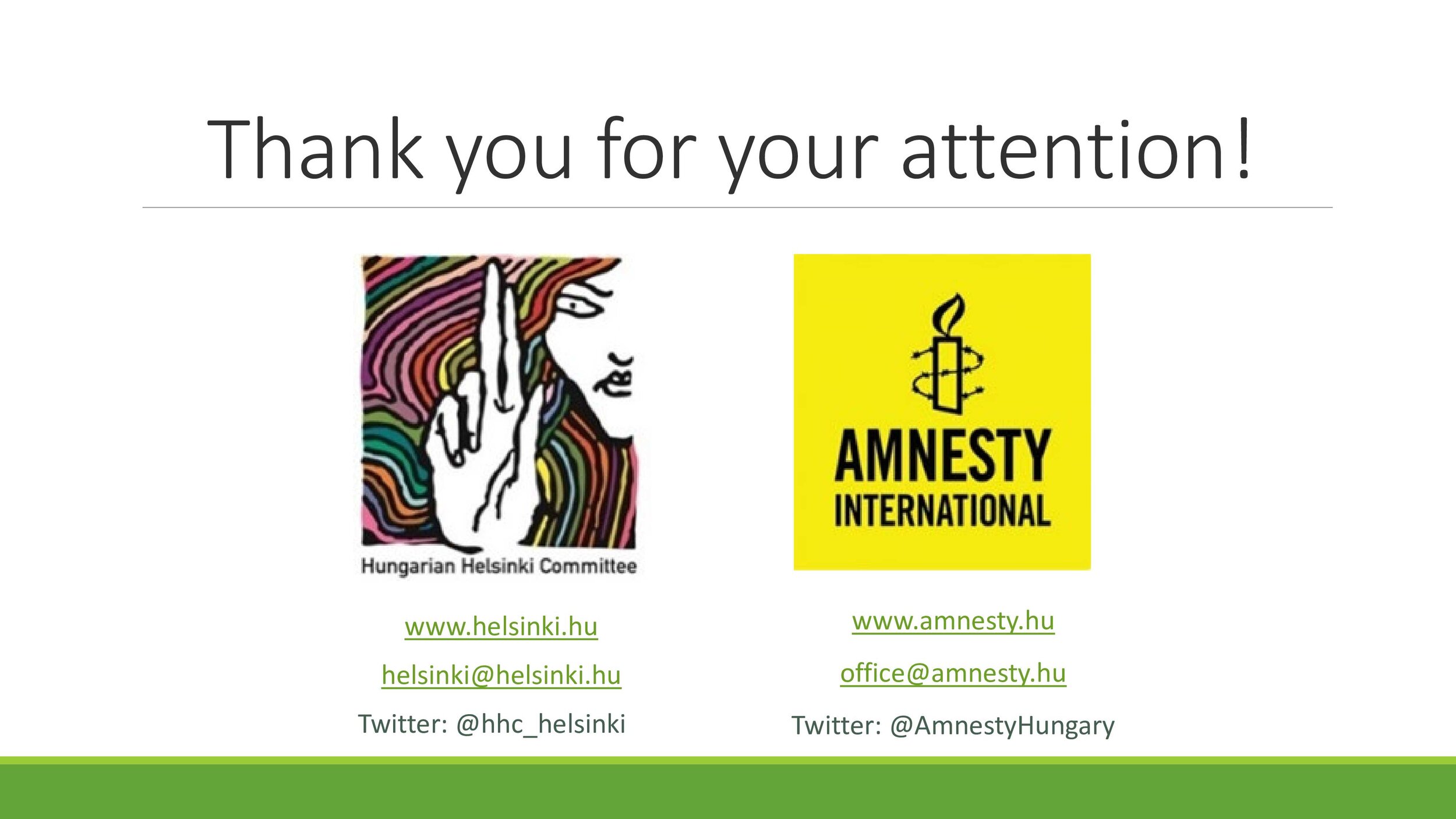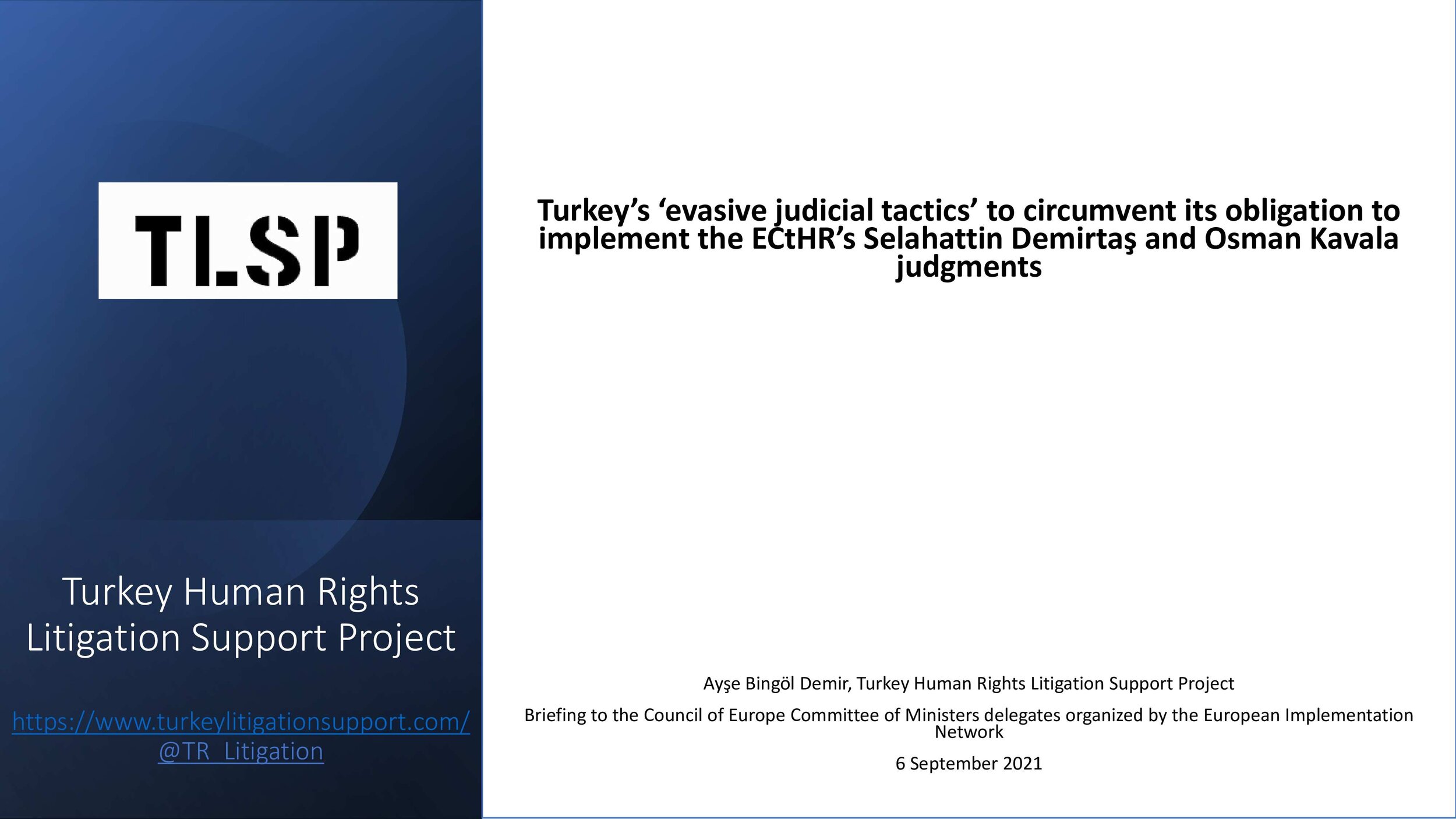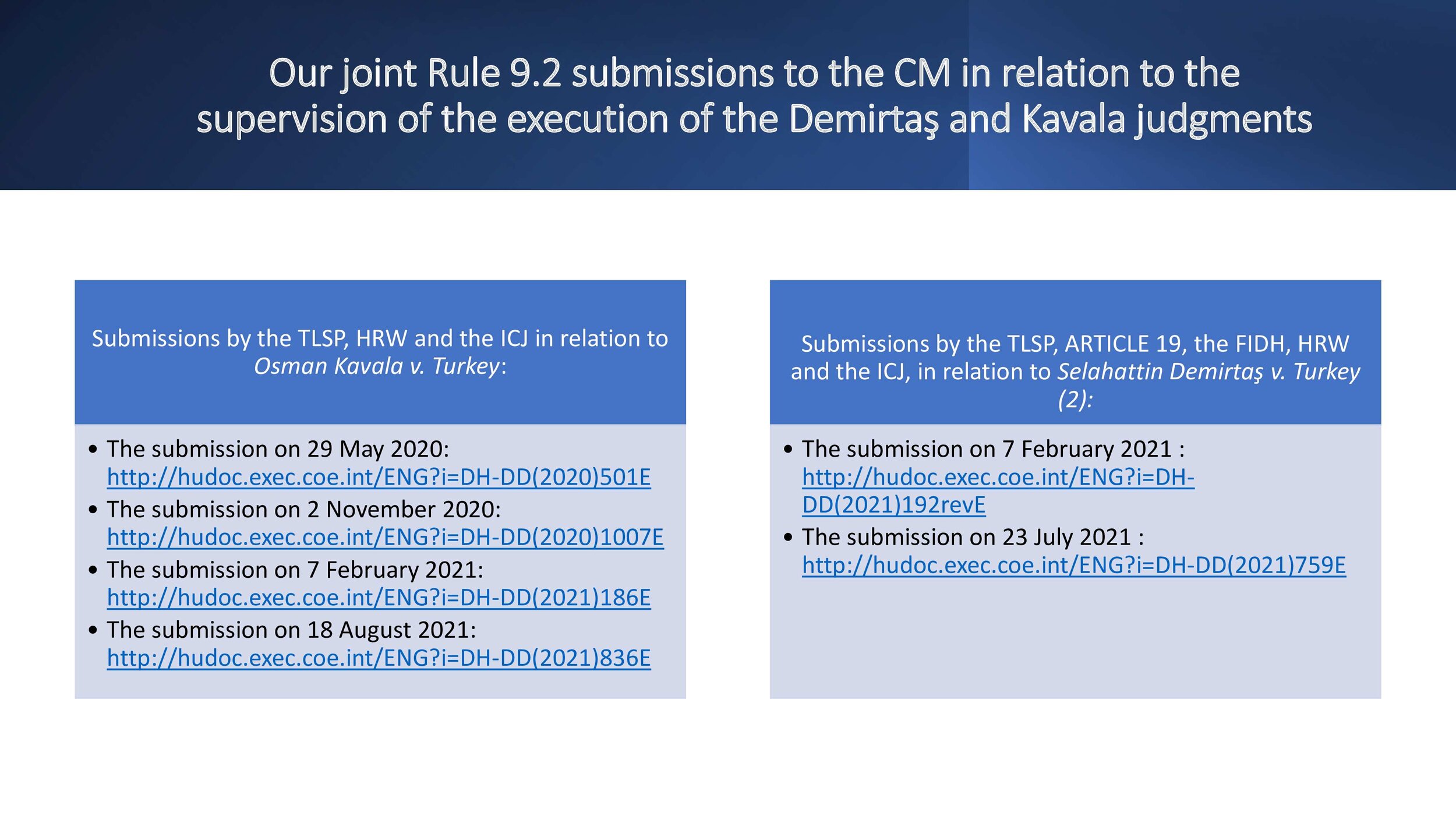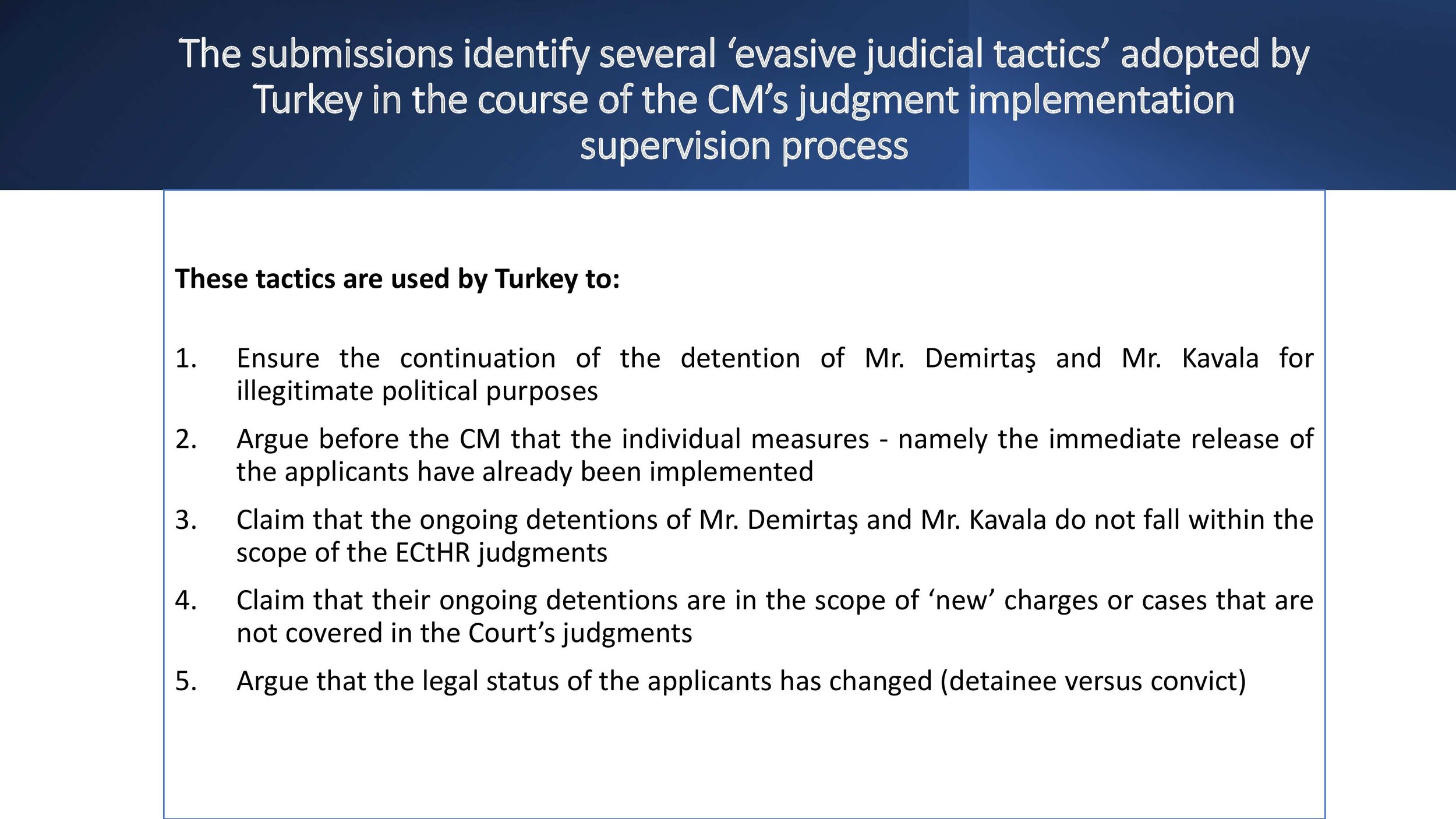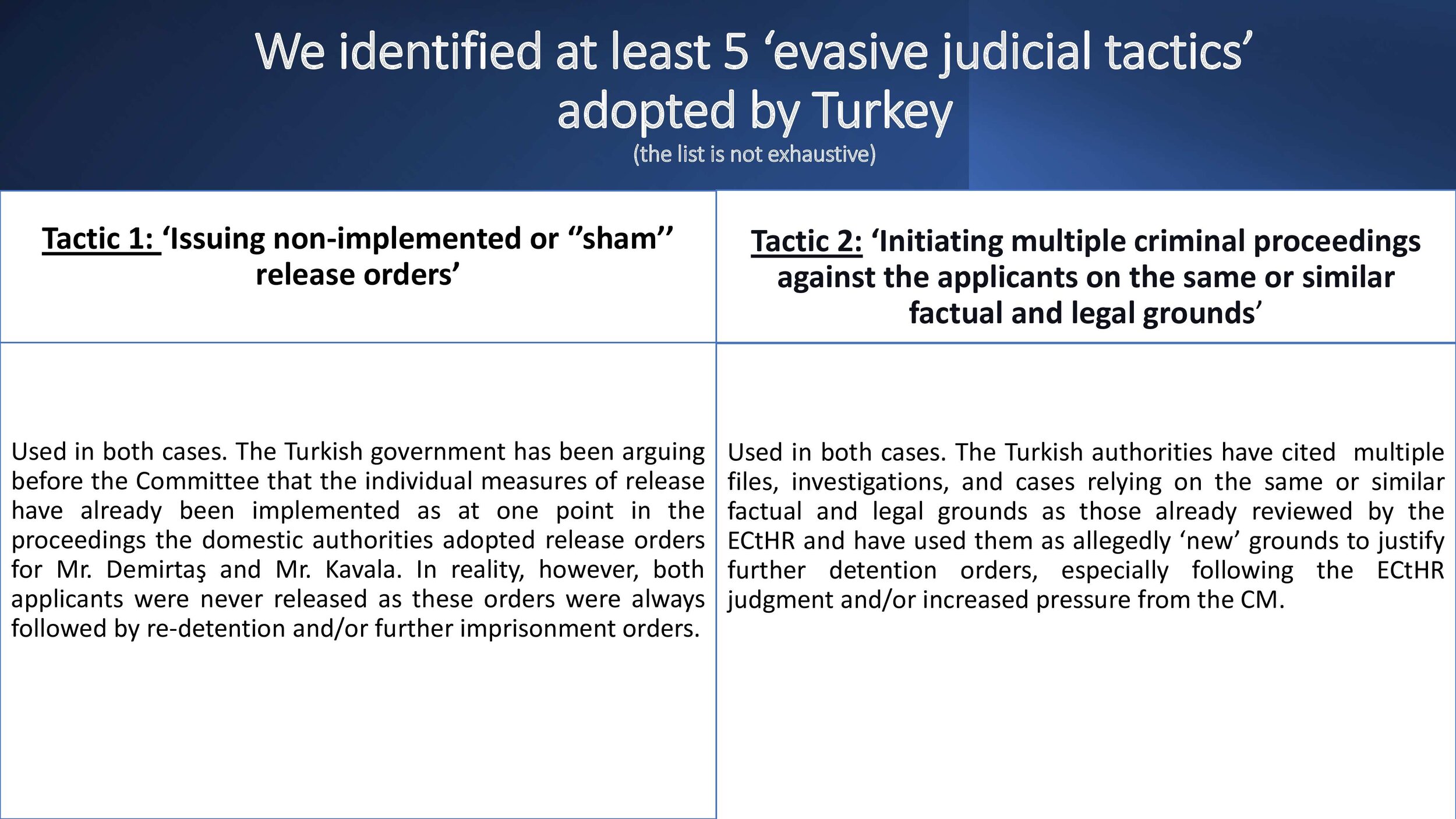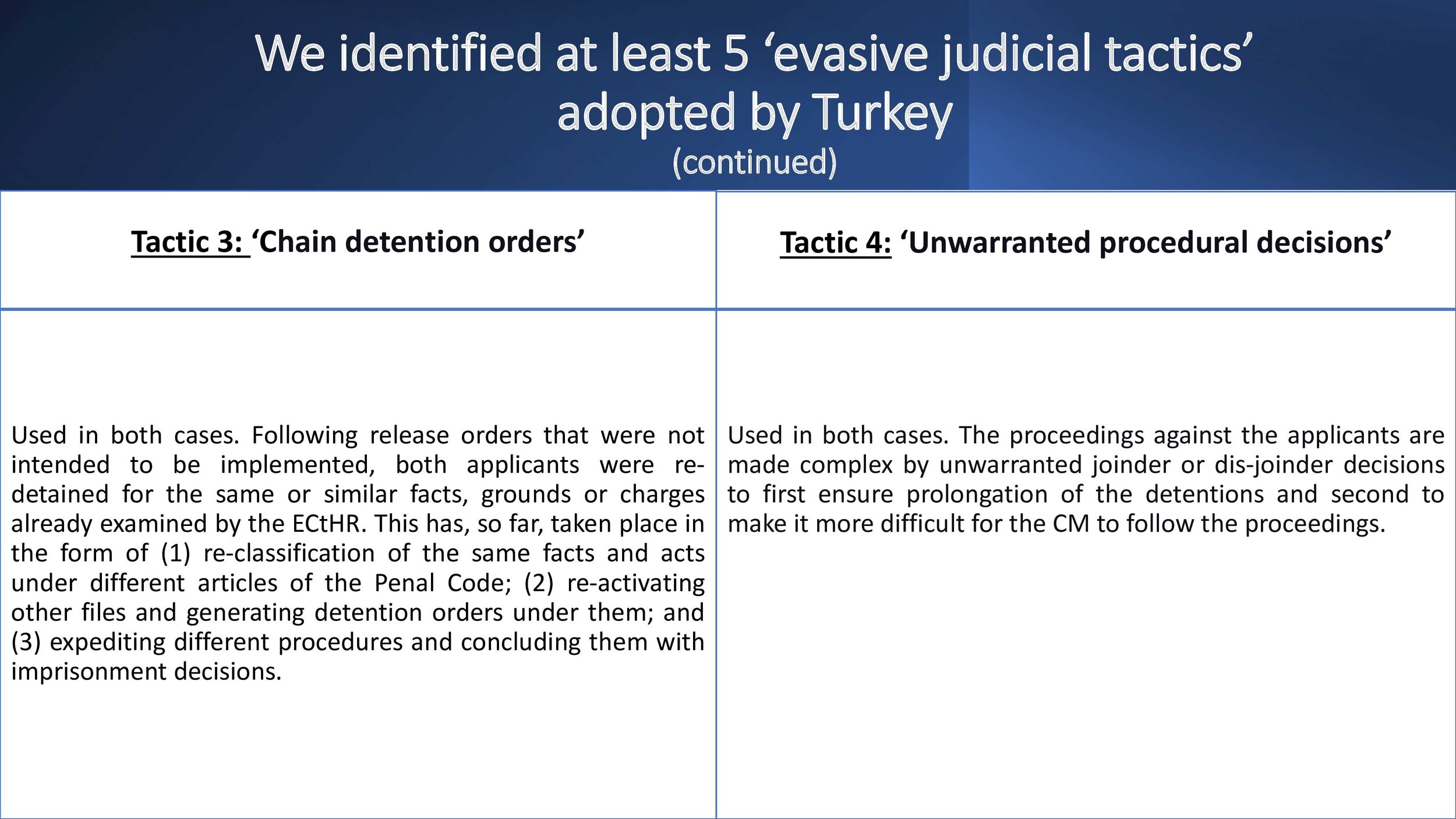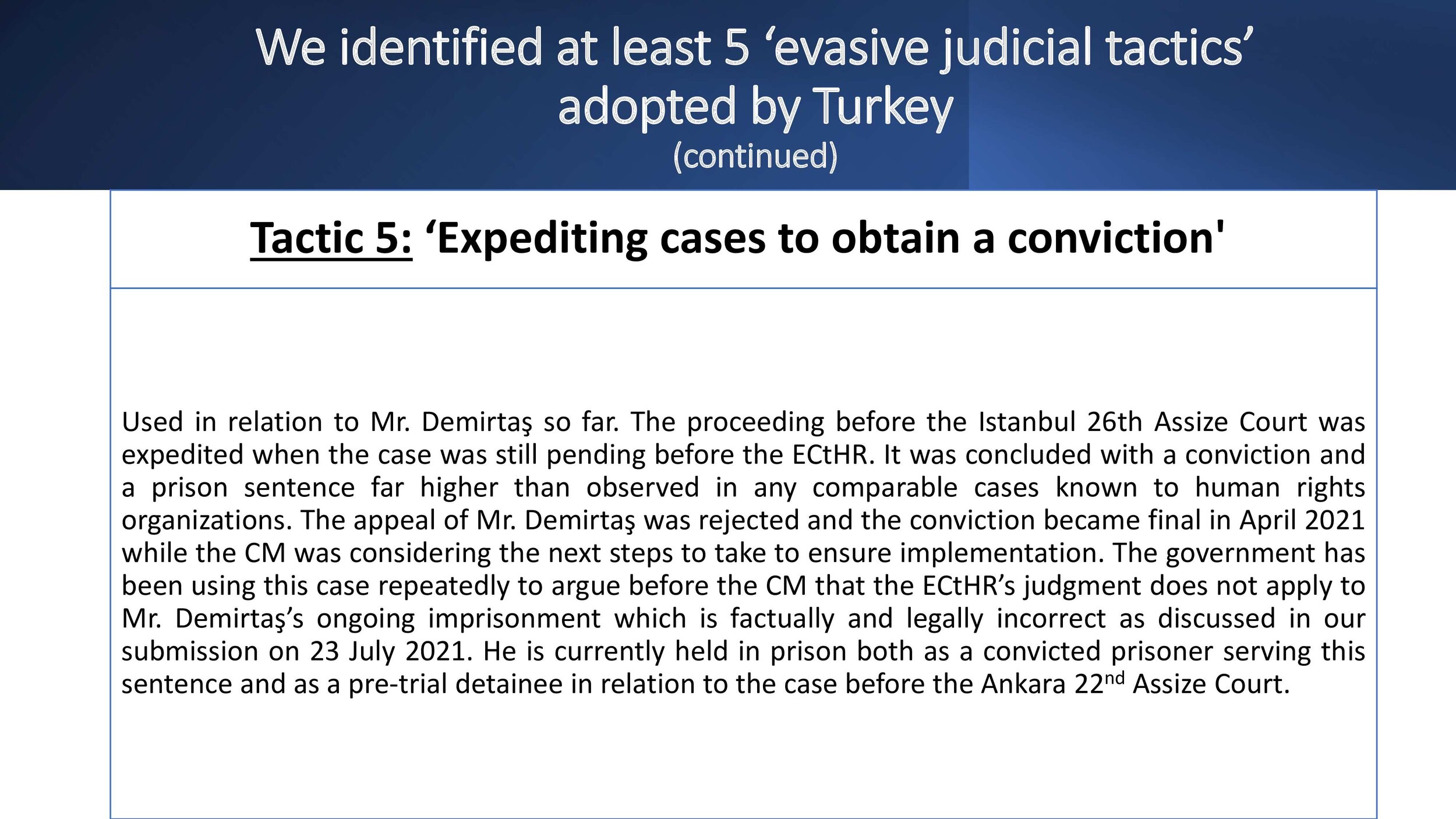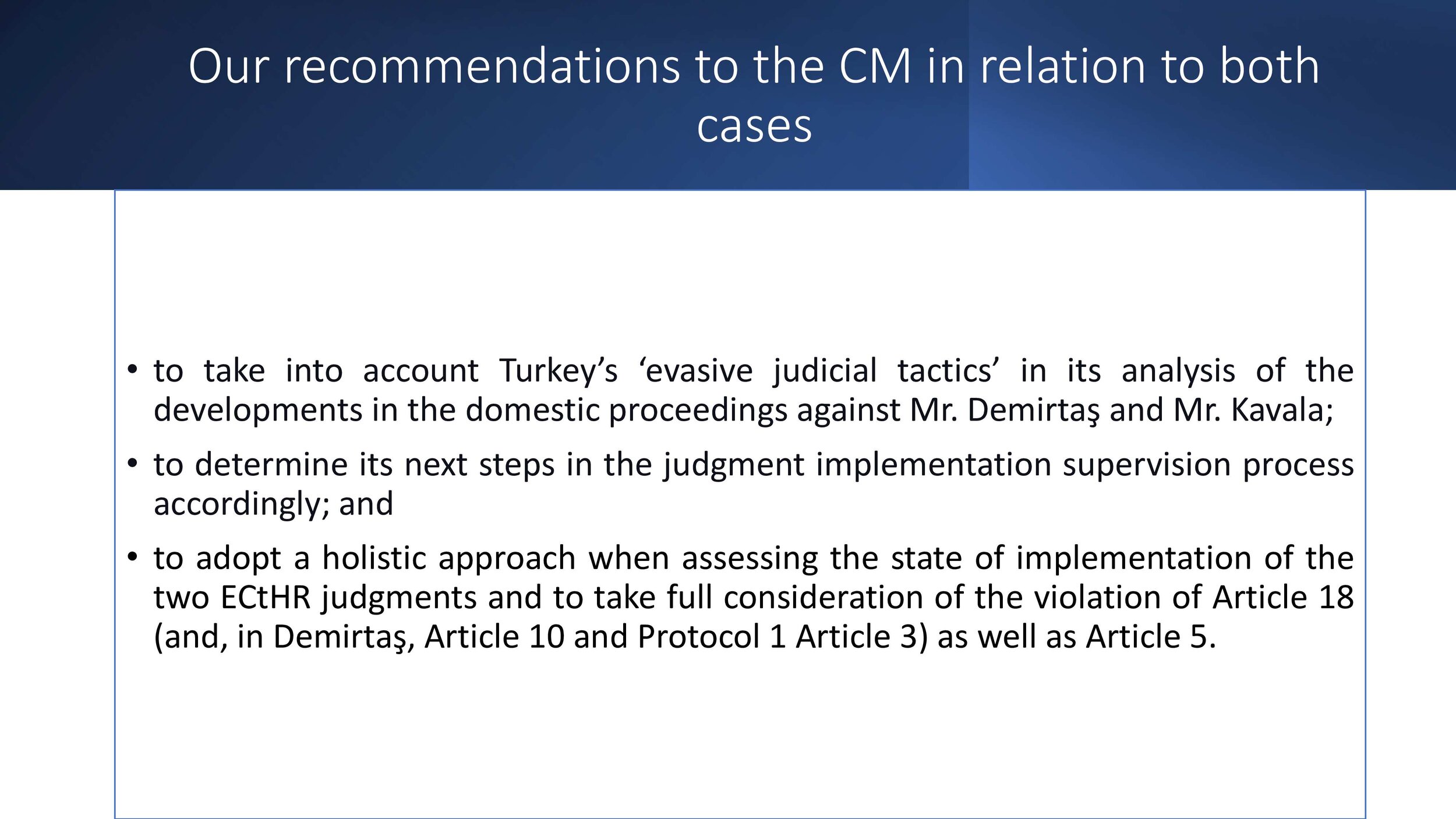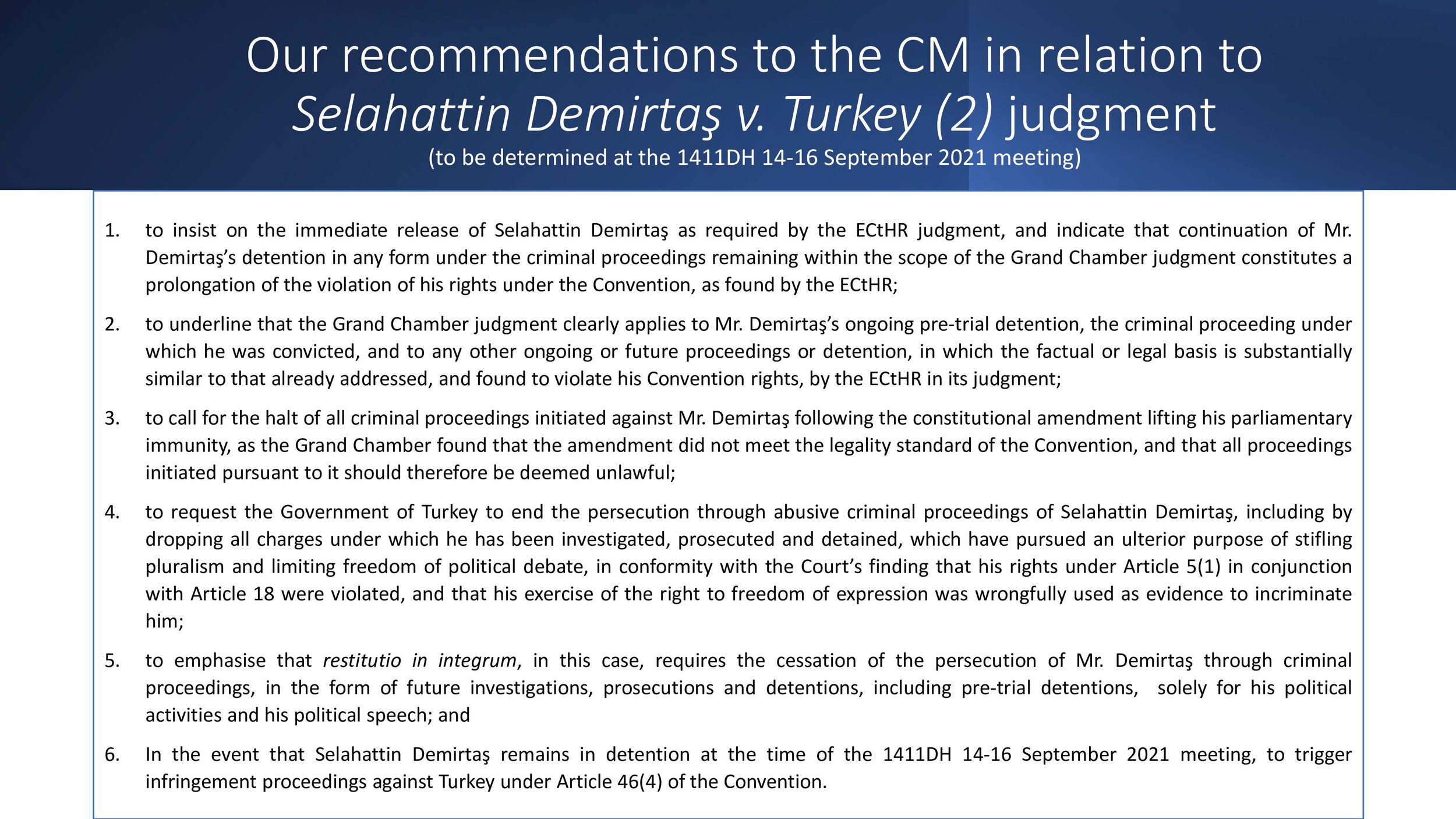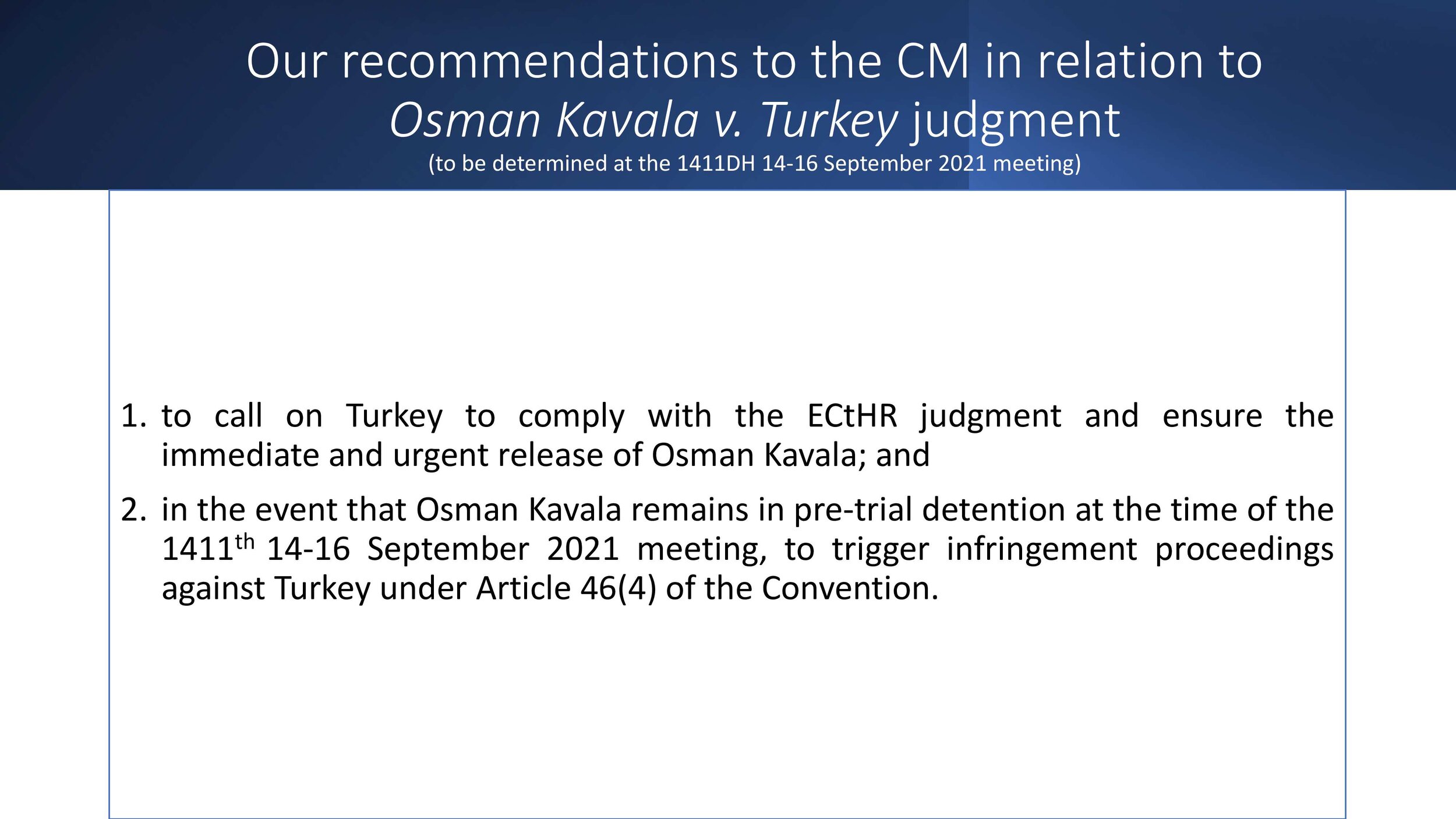Abu Zubaydah v Poland and Abu Zubaydah v Lithuania
This cases concern the violation of a number of Convention rights arising from the fact that the applicant was a victim of a secret “rendition” operation, involving his transfer between various CIA detention facilities, including one located in Afghanistan.
In Abu Zubaydah v. Poland, the European Court found it established beyond reasonable doubt that the applicant arrived in Poland on board a Central Intelligence Agency (CIA) rendition aircraft on 5 December 2002 and was detained in a CIA detention facility in Stare Kiejkuty. He was subsequently transferred out of Poland, respectively in June and September 2003, to other CIA detention facilities and eventually to the United States Guantánamo Bay Naval Base in Cuba.
The Court found that the transfer from Poland exposed him to a real risk of a flagrant denial of justice due to the possibility he would face trial before United States’ military commissions at the Guantánamo Bay Naval Base using evidence obtained under torture. In this context, the Court also noted that no case against Mr Abu Zubaydah had been listed for trial and found that his indefinite detention without charge in itself amounted to a flagrant denial of justice.
In Abu Zubaydah v. Lithuania, the European Court found it established beyond reasonable doubt that Lithuania had hosted a Central Intelligence Agency (CIA) detention facility, code-named “Detention Site Violet”, operated from either 17 or 18 February 2005 until 25 March 2006 and the applicant was secretly detained there during that period. He was transferred by the CIA out of Lithuania to another CIA detention site in Afghanistan and eventually to the United States Guantánamo Bay Naval Base in Cuba.
The Court found that, by enabling the applicant’s further transfer to another CIA detention site, the Lithuanian authorities had also exposed him to a foreseeable risk of continued secret, incommunicado and otherwise arbitrary detention, liable to continue for the rest of his life as well as to further ill-treatment and conditions of detention, in breach of Article 3. At the time of the judgment, the applicant was detained in the Guantánamo Bay Naval Base. No criminal proceedings against him had been engaged.
Overview of the Abu Zubaydah v Poland and Abu Zubaydah v Lithuania Briefing
Human Rights in Practice reminded participants of the issues of concern of the cases:
The Court concluded that, through collaboration with Lithuanian, Romanian and Polish authorities, the CIA secretly imprisoned, tortured, and ill-treated Mr Abd al Rahim al Nashiri and Mr Abu Zubaydah, subjecting them to years of abuse. Now detained at Guantanamo Bay since 2006, both men are subject to an ongoing “flagrant denial of justice”.
Human Rights in Practice provided information on recent developments regarding the cases:
Mr Abu Zubaydah has been held without any review of the lawfulness of his detention by a court or independent legal authority, and without charge or trial, for nineteen years. He falls into the category dubbed “forever prisoners” who the U.S. administration refuses to charge or try but will not release. This situation remains unchanged.
Welcomed the securing of power of attorney status for the applicant, and a beneficiary has been nominated, this is the first step for just satisfaction to be released.
Human Rights in Practice recommended that the Committee of Ministers:
Monitor these cases more frequently and schedule them for oral debate, beginning with the next CM/DH meeting in September 2021;
Issue an interim resolution deploring the failure to execute the Court’s judgments and calling upon Poland, Romania, and Lithuania to promptly pursue the following common measures:
Undertake effective and transparent domestic investigations. Where criminal investigations have already been closed, authorities should undertake specific measures to reopen them with the aim of conducting a prompt, thorough and effective inquiry into their government’s role in the CIA’s extraordinary rendition and secret detention program, consistent with the ECtHR’s findings that such conduct indeed occurred. The terms of reference of the investigations should be disclosed to Mr Al Nashiri’s and Mr Abu Zubaydah’s counsel and the public, and the materials from these investigations should be declassified to the fullest extent possible and, where possible made public, particularly transcripts of witness testimonies, responses to data/documents requests, and any procedural decisions made by the Prosecutor.
Seek reliable and specific diplomatic assurances from the U.S. authorities that Mr Nashiri and Mr Abu Zubaydah will not be subjected to the death penalty and/or a flagrant denial of justice. With a new U.S. administration in place, Polish, Romanian, and Lithuanian authorities at the highest level should redouble their efforts to seek such assurances. All communications to and from the U.S. government in relation to these assurances should also be disclosed to Mr Al Nashiri’s and Mr Abu Zubaydah’s counsels, so that they can monitor the government’s compliance with the Court’s judgment.
Issue an official acknowledgement that Romania, Poland, and Lithuania hosted a secret CIA prison on their territories and public apologies to Mr Al Nashiri and Mr Abu Zubaydah for the abuse they endured.
Insist that Poland and Lithuania facilitate the prompt payment of just satisfaction due to Mr Abu Zubaydah’s designated beneficiary.
Insist that Romania removes the statute of limitations for the crime of torture “in all instances” i.e. to include liability for acts of torture whenever they occurred, including retrospectively.
Encourage all relevant organs of the Council of Europe to continue to press for the execution of these cases, including the offices of the Commissioner for Human Rights, the Parliamentary Assembly, the PACE Rapporteur for Execution of Judgments, and the Secretary General. In particular, request the Secretary General to diplomatically engage with the new U.S. administration in order to obtain assurances that neither Mr Al Nashiri, nor Mr Abu Zubaydah would be at risk of the death penalty and/or a flagrant denial of justice.
Relevant Documents on Abu Zubaydah v Poland



